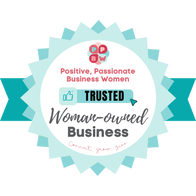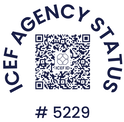How do I write a Genuine Temporary Entrant (GTE) statement for a student visa in Australia?8/24/2022 Writing your GTE statement is one of the most essential parts of the student visa application process. But we know it can feel daunting, so we’ve answered the most common questions we get here at Study Online Australia, from how to write your statement to what you need to include. What is a GTE statement?A GTE statement is a written declaration which proves you are a genuine temporary entrant to Australia. How long should my GTE statement be?The length of a GTE statement varies from person to person, but we encourage you to ensure it is simple and covers as much information as possible about your personal circumstances. It can be written in your own language. If you decide to write your GTE statement in a language other than English, you will need to make sure it is translated by an NAATI translator and both copies are attached to your student application. How do I write my GTE statement?We know it’s daunting, but you must write an original and personal GTE statement covering all of the reasons why you have decided to study in Australia. Do not under any circumstances use a template; this is plagiarism. There are no formatting requirements for how it should be presented, but we recommend that you write it as though you are telling a story to your family or friends. We suggest breaking down the statement into paragraphs to cover all factors recommended by the Australian Department of Home Affairs. It’s important to include your full name, country of residence, date of birth and the current date. It’s recommended that you provide evidence for the information included in your GTE. Before writing your GTE statement, please check the Ministerial Direction 69 to ensure all factors have been considered. What do I need to include in my GTE statement?Your GTE statement should prove that you are a genuine applicant who wishes to gain quality study in Australia on a temporary basis.
Your GTE statement should cover (but is not limited to) the following:
We hope that covers all of your questions! If you have any queries about your plans to study in Australia, please don’t hesitate to get in touch with our expert team. You can also find further information on GTE statements on the official Australian Department of Home Affairs website.
1 Comment
With the colder months rolling in, many of us are searching for a dose of autumn sunshine. That’s why international student and resident blogger Danielle recently escaped the bustle of Sydney for a spontaneous trip to Noosa with a friend. Renowned for its tropical climate, buzzy bars, and long stretches of golden beaches, it's no wonder Sydneysiders flock to the Queensland hotspot. Below, find out how to spend a long weekend in Noosa, from the National Park walk to Eumundi Markets. Thursday12.30pm - Touchdown. The flight from Sydney to the Sunshine Coast only takes an hour, making it a great destination for a spontaneous trip out of the city. We catch a local bus into the centre, and even make a few friends en route! 2.30pm - We’re staying at Nomads Youth Resort, one of the most popular hostels in Noosa. Weekly rates start from $170, and there’s a choice between a private room or sharing with fellow travellers. Our room is a four-bed, which gives us the chance to make new pals. We’re pleased to find fellow Brits staying with us, and they invite us to join them for drinks the following night. 4pm - After a quick freshen up, we head straight down to the Main Beach. After another La Niña summer, the sunshine is a welcome change, so we grab ice creams from Massimo’s en route - an excellent recommendation from one of our friends. 6pm - After a long afternoon of swimming and sunbathing, we make our way into town to find something to eat. We stumble across a local Italian, where there’s live music playing all evening. We order two pizzas and two (ok, four) Aperols. Friday7am - We’re up bright and early to tackle the National Park walk but first, we search for coffee. Australia is renowned for its incredible coffee culture, and the cafes are where you’ll find barefoot locals catching up with friends at sunrise. We head to Olakino for an acai bowl and coffee each. 8am - And we’re on our way! It’s a sunny day so we plan to make pit stops along the walk to take in the views and go for a dip. The beaches are beautiful, and it’s a rare opportunity to spot dolphins, whales and koalas. This was definitely a highlight of the trip, and I really recommend it if you’re in Noosa for a long weekend. 10am - After a few hours of walking through the bush, we arrive at Alexandria Beach and go for a well-earned dip. 11.30am - We’ve reached Sunshine Beach which signals the end of our walk! I suggest grabbing a bus back into the centre, or it’s a short 20-minute walk - which we definitely didn’t have the energy for! 12pm - Back at the hostel, we find a spot in the sunshine for a picnic. There’s a great outdoor bar, pool area, and hammocks to take an afternoon nap in, which we do! 5pm - Many of our friends recommended booking one of the sunset cruises, but they’re full, so we take the usual ferry which takes you on a guided tour along Noosa River. This actually turned out to be the better option. The ferry is bring your own drinks and you can watch the sunset without having to pay a small fortune. As the sun dips behind the horizon, we dig out a punnet of strawberries and wine to share. 7pm - It’s a two-hour trip so we’re ready for dinner when we disembark. We’ve booked a table at Light Years. We grab a table by the window and order bao buns, leafy greens and plenty of spring rolls to share. It’s a great vibe with friendly staff and a must come Friday night. Top tip: order the pineapple margarita! 9pm - We’re on the search for a good bar and are not disappointed. There’s a real holiday feel to Noosa and it’s great to see Australia welcoming tourists back again. We tick off Surf Club, Café Le Monde and Miss Moneypenny's. If you're looking for a spot to eat or drink, Hastings Street is the place to be! Saturday8am - We set our alarms early to head down to Eumundi Markets for the day. It’s just a short bus journey from the centre of town so we grab a coffee from Moonstruck on the way and start to plan our day of action! 9am - We spend the day wandering around the market, picking up lots of souvenirs! It’s a great vibe with live music, free samples and a vast range of shopping stalls from clothes and jewellery to homewares. I recommend getting there nice and hungry to try as many of the different food stalls too... 2pm - The market is closing, so we catch the bus back into town and spend the afternoon lounging on the beach until sunset. 5pm - We’re hungry so head to El Capitano for pizza and cocktails. Sunday12pm - We take a local bus to the airport and touch down in Sydney by late afternoon. Nothing beats the view flying back into the city and we're already plotting our next Australian adventure...
Renowned for its laidback atmosphere, it’s no wonder thousands of Sydneysiders flock to Byron Bay every weekend. A little slice of paradise, the sleepy town has it all from surf culture and yoga schools to coffee shops and boutique stores. Danielle applied for her student visa through Study Online Australia and has been living in Sydney since October 2019. With restrictions easing, she decided to take a solo trip to Australia’s most easterly point in December 2021. Below, find out how Danielle spent her time in Byron Bay from where to grab a good margarita to the most beautiful spot to watch the sun dip below the horizon. Friday12.15 pm: Touch down. Byron is just an hour-long plane ride from Sydney, meaning I arrive at the coastal town with ease. I've booked a bus transfer to the centre, and a gaggle of schoolies join me outside of the terminal. I'm pleasantly surprised that this is another seamless journey - which gives me a little time to plan where to have lunch once I arrive. 1.15 pm: Byron is just as charming as I had hoped, and with schoolies week in full swing, there's a lively buzz from neighbouring shops and bars. I've booked an Airbnb for the next two nights, but check-in isn't until 2 pm, so I head to Sunday Sustainable Bakery for a spot of lunch. As its name suggests, the Jonson Street bakery boasts an impressive menu filled with fresh baguettes, crumbly pastries and seasonal produce. There's a winding queue of barefoot regulars fresh from a dip in the ocean, hungry for hot sausage rolls. I order a toasted baguette and it's so delicious, I head back to the till to buy a warm loaf of sourdough for breakfast tomorrow morning. 2.30 pm: It's time to check into my Airbnb. I've chosen to stay on Old Bangalow Road, a 15-minute walk or bike ride from the town centre. But I don't stay long, as the beach is calling. 3 pm: The Main Beach is filled with striped parasols, surfers and sunbathing locals. I grab an acai bowl from Bondi Juice Bar and spend the next couple of hours relishing a break from La Niña with a book to hand. 5.30 pm: Hot and salty from an afternoon well spent, I catch a bus to Banksia Drive as I’ve treated myself to an infrared sauna session at Nimbus. With roots in sistering cities Sydney and Melbourne: Nimbus is an uber-cool spot for self-care days. Discover stripped-back interiors, ultra-fancy saunas and ice baths for cold water plunge therapy. You can connect to Nimbus' Bluetooth to play your favourite podcast or music for 45 minutes of pure bliss. Another brilliant recommendation for out-of-towners is neighbouring Comma. Tucked away on Banksia Drive, the tranquil spa is designed to ease you into a state of relaxation with low mood lighting and state-of-the-art facilities. If you have a spare afternoon, book yourself in for a facial or massage. 8pm: It’s been a long day, so I grab takeout dinner and head back to Main Beach. There’s a local band playing as the skies turn pink and the sun slowly dips below the horizon. Saturday7am: No trip to Byron is complete without tackling the Cape Byron Lighthouse Walk. But first, I need to fuel up, so I grab a coffee from the General Store en route. Sitting on Old Bangalow Road, it's a famous watering hole for locals and passing visitors alike. Grab a spot in the sunshine under one of the parasols and order a smoothie bowls and hot mug of coffee. 8am: It's shaping up to be a beautiful day. The Cape Byron Lighthouse Walk takes approximately two hours through rainforest, hills and beaches. But before I even start the trek, a crowd gathers on the Main Beach. Naturally, I go to see what the fuss is all about, and I'm thrilled to see a pod of dolphins frolicking in the waves. Make sure to keep an eye out, as Cape Byron Marine Park is a brilliant place to spot dolphins and whales. You can even book a kayaking or boat tour if you don't want to miss out! 10am: The temperature is rising so I stop off at several beaches on the way. You'll walk through Wategos Beach, Little Wategos Beach and The Pass en route. Other neighbouring beaches worth an afternoon trip include Clarkes Beach, Belongil Beach and Tallow Beach. 3pm: I head back to the town centre in search of a late lunch. I grab a poké bowl from Finn Poké and soak up the last of the sunshine. 5pm: After a quick freshen up, I check out the Twilight Markets. Every Saturday, the Railway Park is filled with boutique stalls where local artisans showcase their talents from jewellery and clothing to artwork. After an evening of browsing, grab dinner from one of the food stalls and listen to live music as the sun goes down. Sunday7am: I wake up early for a yoga class at Bamboo Yoga School, just a five-minute wall from my Airbnb. The class takes place in a small tent nestled in the forest with the sound of rain drumming against the roof. It was a beautiful start to my day and a great opportunity to meet new people. The welcoming atmosphere made me feel at ease, and I’d recommend it to anyone visiting Byron for a long weekend - even if you’ve never tried yoga before! 10am: After breakfast, it’s time to check out and move on to my next stay. As a little treat, I booked myself a garden bungalow at the Garden Burees. Amid the shady palms just outside of the town centre, it's home to luxury self-contained Balinese-inspired hideaways. Next door, there’s The Buddha Gardens Day Spa if you have an afternoon to spare. I chose the two-story garden bungalow which has an open plan living space, luxury bathroom and beautiful private garden complete with a stream. 5pm: I wanted to make the most of my stay at the Garden Burees so I chose to cook dinner at home but Byron is home to incredible bars and restaurants. If you're looking for for a cocktail (or three), book a spot at Miss Margarita, happy hour starts at 5pm, while the Meze Club is smack bang in the centre and a brilliant way to kickstart your holiday. Monday10am: It’s my final day in Byron, and the rain is pouring outside, so it’s a brilliant excuse to hide away in local cafe: Combi. Bright and airy inside, it’s a magic place to sit and watch the world go by. The menu is filled with cold-pressed juices and acai bowls that fit the Instagram grid but just make sure to head down there early, as this is what makes it so popular.
12.30pm: It’s still raining outside so I grab a second coffee, this time from Byron Fresh, and have a nosy in the boutique shops. No shopping trip is complete without stopping by Hope & May, Spell and St Agni. 1.30pm: It's time to head back to Sydney. The journey home is seamless once again and if you're flying, I recommend booking a bus transfer to and from Ballina Airport. You can book through the following websites: Byron Easy Bus and Byron Shuttle Bus. 3pm: Touch down in Sydney. Byron Bay is a welcome break from city life all year round. If you have longer than a weekend, make sure to check out Crystal Castle, Mullumbimby, Brunswick Heads and Nimbin. There are several trade courses for international students in Australia to choose from whether you’re interested in bricklaying or painting and decorating. A lot of our students work within the industry to support their studies, meet new people and gain further knowledge of the world of construction. Whether you’re interested in working on commercial projects or you can see yourself running your very own business one day, a trade course will give you the practical and theoretical skills required. It’s an exciting way to learn too as most courses are taught in the classroom, workshop and even through an apprenticeship. You might be wondering:
Below, find out everything you need to know about trade courses in Australia from Carpentry to Building and Construction courses for international students. What qualifications do I need to be a carpenter in Australia?To become a fully certified carpenter in Australia, you need to complete Certificate III in Carpentry. Anyone who works on a construction site is also required to complete construction induction training and must obtain a white card through a registered training organisation. You can learn more about obtaining your white card on our website. How do you become a qualified painter?To become a painter in Australia, it is advisable to complete Certificate III in Painting and Decorating. You will also need to complete construction induction training and must obtain a white card through a registered training organisation. Entry requirements for Certificate III in Carpentry (CPC30220)A carpentry course for international students in Australia has no prerequisite requirements. To apply for Certificate III in Carpentry, you must meet the below criteria:
What will I learn while studying Certificate III in Carpentry (CPC30220)?Certificate III in Carpentry for international students is designed to teach you the skills required to become a carpenter in both residential and commercial settings. The course is a combination of both theoretical and practical units, which cover topics including: manufacturing, constructing, installing and repairing products. Below, find some of the skills you will acquire while studying Certificate III in Carpentry:
How much does it cost to study carpentry in Australia?The cost of carpentry courses in Australia vary depending upon the education provider, level of certificate or degree and location. To find out more, contact our expert team today. What career pathways can I take after studying Certificate III in Carpentry (CPC30220)?Certificate III in Carpentry is designed to give students the practical skills required to work in the construction industry. Jobs will vary but the overall goal is to learn how to build safe, sustainable buildings for Australians to live, work and socialise in. Career opportunities can include, but are not limited to, the following:
Entry requirements for Certificate III in Wall and Ceiling Lining (CPC31220)There are no prerequisite requirements for Certificate III in Wall and Ceiling Lining. To apply for Certificate III in Wall and Ceiling Lining, you must meet the below criteria:
What will I learn while studying Certificate III in Wall and Ceiling Lining (CPC31220)?Certificate III in Wall and Ceiling Lining is designed to teach students the basics. For instance, how to create, renovate and extend projects using your newfound plastering and building skills. Some students may even go on to earn their trade licence in order to found their own business. Below, find some of the practical skills you will acquire while studying Certificate III in Wall and Ceiling Lining:
Alongside practical skills, the course is also designed to teach you attributes which will help you to push ahead in the building industry from effective communication to problem solving. Entry requirements for Certificate III in Bricklaying/Blocklaying (CPC33020)Certificate III in Bricklaying/Blocklaying for international students is designed to teach you the skills required to become a bricklayer from carrying out important measurements and calculations to using industry tools safely. There are no prerequisite requirements for this qualification. To apply for Certificate III in Bricklaying/Blocklaying, you must meet the below criteria:
What will I learn while studying Certificate III in Bricklaying/Blocklaying (CPC33020)?Certificate III in Bricklaying is designed to equip students with the skills required to venture into the industry. Students will have the opportunity to learn the trade in workshops and through apprenticeships. Alongside practical skills, the course is also crafted to teach students essential attributes which will come in handy regardless of the industry you choose. You will learn how to collaborate with others, how to problem solve and how to communicate effectively with clients and your team. Below, find some of the practical skills you will acquire while studying Certificate III in Bricklaying/Blocklaying:
Do you need a qualification to lay bricks?Bricklayers are usually required to complete formal training usually alongside an apprenticeship. You also need a White Card to work in construction in Australia. Additional requirements vary between states so it’s important to check with the relevant authority in the state in which you work. How long does it take to become a bricklayer?The average length of course ranges from 52 weeks to 102 weeks. However, the length of Certificate III in Bricklaying will depend on location, level of certificate/degree and the education provider. Get in touch with our expert team for further information. What career pathways can I take after studying Certificate III in Bricklaying/Blocklaying (CPC33020)?Certificate III in Bricklaying/Blocklaying will provide you with the skills required to carve a career in the industry through lectures, workshops and an apprenticeship. You will forge the foundation required to continue your studies or even start your own business one day. Career opportunities can include but are not limited to, the following:
What are the entry requirements for Certificate III in Painting and Decorating (CPC30611)?Certificate III in Painting and Decorating is designed to teach you the skills required to become a painter and decorator. There are no prerequisite requirements for this qualification. To apply for Certificate III in Painting and Decorating, you must meet the below criteria:
What will I learn while studying Certificate III in Painting and Decorating (CPC30611)?Certificate III in Painting and Decorating is designed to teach students the skills required to become a licensed painter and decorator. Below, find some of the practical skills you will acquire while studying Certificate III in Painting and Decorating:
Alongside these practical skills, you will also be encouraged to develop attributes which will prove invaluable regardless of the career you choose from the ability to collaborate with others to working independently when necessary. What career pathways can I take after studying Certificate III in Painting and Decorating (CPC30611)? Certificate III in Painting and Decorating is crafted to give students the skills required to become a painter and decorator. Even if you decide to pursue a different career path, you will have gained invaluable life skills such as workplace communication, how to carry out measurements and calculations and how to work safely. What are the entry requirements for Certificate IV in Building and Construction (CPC40120)?Certificate IV in Building and Construction for international students is a nationally recognised qualification that you can utilise across Australia. There are no prerequisite requirements for this qualification. To apply for Certificate IV in Building and Construction, you must meet the below criteria:
What will I learn while studying Certificate IV in Building and Construction (CPC40120)?Certificate IV in Building and Construction is designed for students who would like to further their career in the industry either as a builder or construction manager. The course will teach you how to operate your own business using your newfound skills and knowledge. Alongside these practical abilities, students will also be encouraged to learn how to effectively work in a team, strengthen communication skills and develop a strong work ethic. Below, find some of the practical skills you will acquire while studying Certificate IV in Building and Construction:
What career pathways can I take after studying Certificate IV in Building and Construction (CPC40120)? A step up from Certificate III, the course is designed to enable students to progress their career within the building industry so that you can manage your own construction business and/or projects. Career opportunities can include but are not limited to, the following:
Licence. You will need to check with the relevant authority in the state in which you work. To learn more about what it’s like to work in the Australian construction industry, head over to our student blog for a diary by Labour Revolution. Can I package my trade course with another course?Yes! Depending on your choice, you can apply for one student visa with multiple courses.
Remember, that course lengths will vary slightly depending upon the college so make sure you carefully check them before applying. Some of the possible course packages:
The Study Online Australia team were all international students once too so we know what we’re talking about! If you are interested in studying a trade course, please don’t hesitate to get in touch with our team for free advice and information. Whether you dream of becoming a hairdresser & stylist, barber or perhaps you aspire to open your own salon one day, there are a number of hairdressing courses for international students in Australia to choose from. Transform thousands of lives by creating haircuts that put smiles on your customers' faces and reinvigorate their wellbeing. Learn how to be patient and listen to your client’s wishes, how to work with your imagination and find the right skills which will identify your personal styles. It’s a rewarding career which can take you around the world. You might be wondering: ● What qualifications do you need to be a hairdresser in Australia? ● How long does a hairdressing course take? ● Is hairdressing a good career in Australia? ● How long does it take to become a fully qualified hairdresser? ● Can I be a hairdresser without qualifications? Find out everything you need to know about hairdressing short courses in Australia below from entry requirements to future career opportunities. What qualifications do you need to be a hairdresser in Australia?To become a qualified hairdresser in Australia, you must complete an apprenticeship or your Certificate III in Hairdressing from a registered training organisation. We highly recommend exploring the option of a vocational education certificate as this will greatly improve your chances of being able to gain an apprenticeship. According to TAFE, 79% of hairdressers completed their Certificate III in Hairdressing and/or Barbering before embarking upon their career. A relevant qualification will enable you to learn the fundamentals of haircutting while giving you the skills and experience required to work in a salon - from washing hair to selling products. How much do hairdressers get paid in Australia?Hairdressing in Australia is in high demand and offers hairdressers the opportunity to earn an estimated full-time average salary of $56,000 according to the website indeed.com. Is it too late to become a hairdresser?No! If it’s your dream to pursue hairdressing then get in touch with our team and we can help you to find the right course for you. Do I need qualifications to be a hairdresser?You don’t need a qualification to become a hairdresser or barber though it is highly advisable. Alternatively, you can complete an apprenticeship at a salon which will usually take between three to four years to complete. Is hairdressing a good career in Australia?Yes. Hairdressing is a great career path for creative, hardworking students with a love for all things hair. You’ll learn skills and techniques in cutting, barbering, styling, perming, straightening and colouring hair. You can further your skills in complex colour correction, hair extensions, chemical reformation or trichology. In Australia, the demand for hairdressers is growing - especially in cities such as Sydney, Melbourne and Perth. How long does a hairdressing course take?The length of your course will depend upon location, education provider and the level of certificate or diploma. Below, find approximate lengths of each course. Most Vocational colleges offer monthly intake, quarterly intake or per semester intake (January and July) especially offered in TAFEs across Australia. Certificate III in Hairdressing (SHB30416) From 40 weeks up to 78 weeks (full-time), including holidays. Sample timetable: 3 days per week; 9am to 5pm (on campus). Certificate III in Barbering (SHB30516) From 46 weeks up to 64 weeks (full-time), including holidays. Sample timetable: 3 days per week; 9am to 5pm (on campus). Diploma in Salon Management (SHB50216) From 24 weeks (including holidays) up to 60 weeks (full-time), including holidays. Sample timetable: 3 days per week; 9am to 5pm (on campus). How long does it take to become a fully qualified hairdresser?It depends on which pathway you choose to take. Some students decide to study their Certificate III before undertaking an apprenticeship while others decide to package Certificate III with Diploma. Whichever route you decide to take, we’ll be there to hold your hand every step of the way. If you need guidance, get in touch with our team today. What are the entry requirements for Certificate III in Hairdressing (SHB30416)?Certificate III will introduce you to the world of hairdressing and is designed to give you a solid understanding of the industry. You will develop the consultation, sales and technical skills required to offer a broad range of hairdressing services to clients. In order to apply for Certificate III in Hairdressing, you must meet the below criteria:
Find out everything you need to know about English courses available in Australia here. What will I learn while studying Certificate III in Hairdressing (SHB30416)?Studying Certificate III in Hairdressing will enable you to learn the fundamentals of working in a hair salon from consulting with clients and selling products/services to designing and offering a broad range of technical hairdressing services to clients. Below, find some of the skills you will acquire whilst studying Certificate III in Hairdressing:
What career paths can I take after studying Certificate III in Hairdressing (SHB30416)?Certificate III is recognised as a standard trade qualification and will teach you the collaborative, creative and practical skills required to work within the hairdressing industry. The course also provides a strong foundation for those who wish to pursue further study such as the Diploma in Salon Management. Career opportunities can include, but are not limited to, the following:
What are the entry requirements for Certificate III in Barbering (SHB30516)?Certificate III in Barbering will teach you the sales, consultation and technical skills required to become a barber. By the end of the course, you will have the knowledge and experience necessary to provide a broad range of barbering services (such as head and face shaving, beards, moustaches teamed with haircutting and finishing the clients’ hair) to clients. Certificate III will provide a pathway to work in either a barber shop or salon. In order to apply for Certificate III in Barbering, you must meet the below criteria:
What will I learn while studying Certificate III in Barbering (SHB30516)?Certificate III in Barbering is designed to teach aspiring barbers the art of barbering and to learn more precision cutting. Below, find some of the skills you will acquire whilst studying Certificate III in Barbering: Cutting techniques: ● How to design haircut structures; kids cuts, skin fades, pixie haircuts, etc. ● How to create graduated haircut structures ● How to use freehand clipper techniques ● How to design and maintain beards and moustaches ● How to provide general grooming services Other invaluable skills:
What are the entry requirements for Diploma of Salon Management (SHB30516)?Diploma of Salon Management is designed to give you the skills and knowledge required to take on the role of a manager or small business owner whether that’s at a salon, barber shop or spa. The course will be a combination of online theory, training webinars and face to face classes with practical tasks taking place at your education provider of choice. In order to apply for a Diploma of Salon Management, you must meet the below criteria:
What will I learn while studying for a Diploma in Salon Management (SHB30516)?This nationally accredited course is a great way to combine your interest in business with your love of the industry as you will learn how to manage a team, sell products/services and build a successful business. Below, find some of the skills you will acquire whilst studying your Diploma of Salon Management: ● How to develop workplace policy and procedures ● How to manage treatment services and sales delivery ● How to provide a safe work environment ● How to manage recruitment and selection processes ● How to show leadership in the workplace What career paths can I take after studying Diploma in Salon Management (SHB30516)?A Diploma in Salon Management will set you apart from competitors. Students can look forward to receiving up to date and relevant information about running a business in Australia by utilising the received knowledge of licencing, government regulations, industry standards and managing staff in the business.
The Study Online Australia team were all international students once too so we know what we’re talking about! If you are interested in studying hairdressing, barbering or salon management, please don’t hesitate to get in touch with our team for free advice and information. What kind of content would you like to see more of on our student blog? Let us know by email or leave a comment below. Thank you, The Study Online Australia team Whether you aspire to be a people leader or perhaps your dream is to run your own business; studying Leadership and Management is a fantastic way for international students to learn the foundational skills to be a great leader. You might be wondering: ● What will I learn while studying Leadership and Management? ● How would I benefit from a leadership program? ● How long will the course in Leadership and Management take? ● Where can I study Leadership and Management in Australia? ● What are the entry requirements for Certificate IV, Diploma or Advanced Diploma? ● What jobs can I expect to get? Read on, because Study Online Australia has got you covered. How would I benefit from a leadership program? It doesn’t matter which industry you would like to work in, a leadership and management course will enable you to acquire skills which can be applied to a large number of roles. With a focus on communication, collaboration and emotional intelligence - your certificate or diploma will come in handy no matter which career path you decide to take. Where can I study leadership and management in Australia? There is a wide range of leadership and management courses in Sydney, Brisbane, Melbourne and Darwin to name just a few of Australia’s most popular study destinations. You can easily look for courses on offer in the state of choice using the CRICOS search tool. Most colleges offer monthly intake, quarterly intake or per semester intake (February and July). If you are interested in studying leadership and management down under, please get in touch with our team for free support and advice. What are the entry requirements for Certificate IV in Leadership and Management (BSB40520)? In order to apply for Certificate IV in Leadership and Management, you must meet the below criteria: ● A minimum Year 11 or 12 certificate or equivalent. ● An IELTS or equivalent score of 5.5 with no less 5.0 in any band. An IELTS score requirement can vary from each educational institution. Leave it with us, we’ll advise you correctly. ● There is no prerequisite for Certificate IV in Leadership and Management. What’s great about a number of education providers across Australia is that they offer a free English test on campus, online or through a partnership with an English school. You’ll have your results through within 24-48 hours too! Learn more about English courses available in Australia here or contact our expert team and we can organise an English test for you. Please note: Every course requires students to have access to a laptop or tablet in order to complete work in class and at home. What will I learn while studying Certificate IV in Leadership and Management (BSB40520)? Leadership and Management is designed for emerging leaders and managers in a range of enterprise and industry contexts. Certificate IV will introduce you to the basics of leadership and management. The course is crafted to enable you to understand how to take responsibility not only for your own performance but others’, as will you learn how to guide and support your team. Below, find some of the skills you will acquire whilst studying Certificate IV in Leadership and Management: ● How to communicate effectively as a workplace leader ● How to articulate, present and debate ideas ● How to lead and facilitate a team ● How to apply business risk management processes ● How to coordinate business operational plans What career path can I take after studying Certificate IV in Leadership and Management (BSB40520)? Certificate IV in Leadership and Management is a great choice if you hope to run a business in the future or would like to apply for a higher position in the workplace, no matter what field you’re in. Career opportunities can include, but are not limited to, the following: ● Sales manager ● Coordinator in business operations ● Frontline sales manager ● Production supervisor ● Team leader How long does it take to study for a Certificate IV in Australia? The length of your Certificate IV in Leadership and Management will vary depending upon location and education provider. The average time is 40-52 weeks - including holidays. Most colleges offer monthly intake, quarterly intake or per semester intake (February and July). What is a Diploma of Leadership and Management (BSB50420)? A Diploma of Leadership and Management is designed to teach you the skills required for high-level management and leadership roles. If you have already gained your Certificate IV, then it’s an opportunity to deepen your knowledge, put your skills to practice and eventually apply for more senior positions. What are the entry requirements for a Diploma of Leadership and Management (BSB50420)? In order to apply for Diploma of Leadership and Management, you must meet the below criteria: ● A minimum Year 12 certificate or equivalent ● An IELTS or equivalent score of 5.5 with no less 5.0 in any band above. An IELTS score requirement can vary from each educational institution. Leave it with us, we’ll advise you correctly. ● Certificate IV in Leadership and Management or other related qualification; or demonstrated vocational experience in a range of work environment in a senior support role. Please note: Every course requires students to have access to a laptop or tablet in order to complete work in class and at home. What will I learn while studying a Diploma in Leadership and Management (BSB50420)? A step up from Certificate IV, a Diploma in Leadership and Management explores how to plan, organise and monitor the success of your team. This course is a great opportunity for you to change career direction or deepen your knowledge of leadership and management. Below, find some of the skills you will acquire whilst studying for a Diploma of Leadership and Management: ● How to manage budgets and financial plans ● How to manage business risks ● How to communicate with influence ● How to manage your team’s performance ● How to develop and use emotional intelligence in a working environment What jobs can I get with a Diploma of Leadership and Management (BSB50420)? As it gives you the opportunity to learn more about leadership and management, you will have the experience, knowledge and skill set required to apply for higher level jobs. Career opportunities can include, but are not limited to, the following: ● Small business manager ● Small business owner ● Operations manager ● Senior management position How long is a diploma course in Australia? The length of your Diploma in Leadership and Management will vary depending upon location and education provider. The average time is 52-78 weeks - including holidays. Most colleges offer monthly intake, quarterly intake or per semester intake (February and July). What are the entry requirements for an Advanced Diploma of Leadership and Management (BSB60420)? In order to apply for Advanced Diploma of Leadership and Management, you must meet the below criteria: ● A minimum Year 12 certificate or equivalent ● An IELTS or equivalent score of 5.5 with no less 5.0 in any band above. An IELTS score requirement can vary from each educational institution. Leave it with us, we’ll advise you correctly. ● Diploma of Leadership and Management or two years equivalent full-time relevant workplace experience Please note: Every course requires students to have access to a laptop or tablet in order to complete work in class and at home. What will I learn while studying an Advanced Diploma in Leadership and Management (BSB60420)? If you would like to venture deeper into leadership and management, the next step is to study for your Advanced Diploma. The course is designed to help you to develop a senior management skill set which will prove useful in general and/or business administration. Advanced Diploma will explore development, leadership, workforce planning, innovation, growth and business strategy at a deeper level. Below, find some of the skills you will acquire whilst studying for an Advanced Diploma in Leadership and Management: ● How to collaborate with others ● How to develop and implement business plans ● How to contribute to strategic workforce planning ● How to develop organisational strategies ● How to develop marketing plans What career path can I take after studying an Advanced Diploma in Leadership and Management (BSB60420)? Studying an Advanced Diploma in Leadership and Management will enable you to learn how to communicate, manage and lead with influence, no matter what job you’re in. Career opportunities can include, but are not limited to, the following: ● Operations manager ● Implementation manager ● Executive manager ● Area manager ● Business development manager How long will it take to study for an Advanced Diploma in Australia (BSB60420)? The length of your Advanced Diploma in Leadership and Management will vary depending upon location and education provider. The average time is 52 weeks including holidays.
There is also the option to package your accounting course or diploma with different subjects such as business or marketing. If you need assistance choosing a package, please contact us today for free advice and support. The Study Online Australia team were all international students once too so we know what we’re talking about! If you are interested in studying leadership and management, please don’t hesitate to get in touch with our team for free advice and information. What kind of content would you like to see more of on our student blog? Let us know by email or leave a comment below. Thank you, The Study Online Australia team Are you a whizz with numbers? Accounting is one of the most in demand careers in Australia with the opportunity to work in a wide variety of industries around the country. So it comes as no surprise that international students choose to study down under with Certificate IV of Accounting and Bookkeeping, Diploma of Accounting and Advanced Diploma of Accounting on offer in some of Australia’s most beautiful destinations. Whether you’re fresh to the industry or want to upskill, an accounting course will enable you to gain new skills, experience and knowledge. If you decide accounting isn’t for you, it’s still a brilliant gateway course which will enable you to study another topic such as business, law or marketing and communication. From entry requirements to course fees, find out everything you need to know about studying accounting in Australia below. Is accounting a good career in Australia?A large number of international students choose to study accounting as it opens the doors to a wide variety of jobs. Studying will enable you to gain skills which employers value in the workplace from the ability to perform bookkeeping tasks to managing payroll. No matter which industry you would like to explore, accountants will always be in demand around the world. What are the entry requirements for Certificate IV in Accounting and Bookkeeping (FNS40217)?In order to apply for Certificate IV in Accounting and Bookkeeping, you must meet the below criteria:
Learn more about English courses available in Australia here or contact our expert team and we can organise an English test for you. Please note: every course requires students to have access to a laptop or tablet in order to complete work in class and at home. What will I learn while studying Certificate IV in Accounting and Bookkeeping (FNS40217)?Certificate IV in Accounting and Bookkeeping will introduce students to the world of accounting and will prepare you for a career within the industry. Each course will vary depending upon the educational provider but Certificate IV offers a basic overview of the industry. For instance, students will learn how to prepare and lodge financial reports, how to create operational budgets, how to provide advice on behalf of the taxpayer and how to perform financial calculations. Below, find some of the skills you will acquire whilst studying Certificate IV of Accounting and Bookkeeping:
What career path can I take after studying Certificate IV in Accounting and Bookkeeping (FNS40217)?Certificate IV in Accounting and Bookkeeping will provide students with the basics in order to enable them to venture into the accounting industry. Career opportunities can include, but are not limited to, the following:
What are the entry requirements for a Diploma in Accounting (FNS50217)?In order to apply for a Diploma in Accounting, you must meet the below criteria:
What will I learn while studying for a Diploma in Accounting (FNS50217)?Students who choose to study Diploma of Accounting tend to have a background in the subject or are currently working in the field and wish to further strengthen their skill set. Skills you will acquire whilst studying Diploma of Accounting:
What career path can I take after studying a Diploma in Accounting (FNS50217)?A Diploma in Accounting is for students who would like to gain further skills and a deeper understanding of the industry. In turn, this will lead to bigger job opportunities. Career opportunities can include, but are not limited to, the following:
What are the entry requirements for an Advanced Diploma in Accounting (FNS60217)?In order to apply for an Advanced Diploma in Accounting, you must meet the below criteria:
What will I learn while studying an Advanced Diploma in Accounting (FNS60217)?An Advanced Diploma of Accounting will delve deeper into the subject matter in order to give students the skills, knowledge and experience necessary to apply for more senior roles. The topics covered will vary depending upon the location and educational institution. Skills you will acquire whilst studying Advanced Diploma of Accounting:
What career path can I take after studying an Advanced Diploma in Accounting (FNS60217)?An Advanced Diploma in Accounting is designed for students who already have experience working in the industry and want to upskill or move into a more senior role. Career opportunities can include, but are not limited to, the following:
Which accounting course is best in Australia?There are cheap accounting courses across Australia from Melbourne and Perth to Sydney. You can find the right education provider, course and location for you using the CRICOS search tool. If you need assistance, please don’t hesitate to contact our expert team for free advice and information on the best accounting courses in Australia. How much does it cost to study accounting?The cost of studying accounting in Australia will vary depending upon location, education provider and certificate or diploma level. If you are interested in studying accounting and would like to find out more, please get in touch with our expert team for student fee information. How long does it take to study accounting in Australia?It depends on location, education provider and which level of accounting you would like to study. Below, find a rough estimate to how long each course will take:
Possible accounting and bookkeeping course packages:
Possible accounting and bookkeeping course packages with different courses:
There is also the option to package your accounting course or diploma with different subjects such as business or marketing. If you need assistance choosing a package, please contact us today for free advice and support. If you decide to study your Advanced Diploma in Accounting at the West Australian Institute of Further Studies (WAIFS), you will gain membership with the Institute of Public Accountants (IPA) upon completion. What’s more, WAIFS has a pathway program with Murdoch University. So if you decide to study their Diploma of Accounting and Advanced Diploma of Accounting, you will have the opportunity to study a Bachelor of Business majoring in Accounting at Murdoch University in two years instead of three. The Study Online Australia team were all international students once too so we know what we’re talking about! If you are interested in studying accounting, please don’t hesitate to get in touch with our expert team for free advice and information. What kind of content would you like to see more of on our student blog? Let us know by email or leave a comment below. Thank you, The Study Online Australia team No matter how impressive your grades, certificates or extra curricular achievements: experience is one of the most important factors employers look for. That’s why a large number of international students decide to undertake an internship during their time down under. Below, find out everything you need to know about how to get an internship in Australia from the qualifications and visa requirements needed to become an intern to future career prospects. Why should I do an internship in Australia?There are lots of reasons why you should consider an internship during your time in Australia. Below, we’ve rounded up just a few of the brilliant advantages to interning.
How can international students get an internship in Australia?Readygrad is one of Australia’s leading internship programs. That’s why, Study Online Australia has partnered with their expert team to promote the incredible work they do. Readygrad has partner with universities and education providers across the country to help boost student employability through industry placements, workshops and training. The organisation has teamed up with thousands of industry partners and each internship is designed to suit both the business and the student. According to Readygrad:
If you’re looking for an internship in Sydney or Melbourne, the Study Online Australia team will be able to assist with your inquiry. What kind of internships do Readygrad offer?Readygrad provides placements across a wide range of industries. Below is a list of the specialist areas/career paths on offer:
How does the internship process work at Readygrad?Intake is every two weeks and the process of matching a student with a placement consultant usually takes around two to six weeks to complete. Your consultant will work closely with you to understand your career goals, to help you build a resume and develop your interview skills.
What requirements are needed for an internship?Students can undertake an internship at any stage of their studies though it is preferable if you are studying a BA or Masters in the area of your choice. However, each case is treated differently. If you have completed a BA or Masters overseas and are now completing Certificate IV, Diploma or Advanced Diploma in a related area, then you will also be considered for an internship. You can find further information on cheap courses on offer in Australia on our website. What are the benefits to choosing an internship with Readygrad?Readygrad works hard to find the right internship for you. Unlike other internship programs, the team will hold your hand at every step of the way. Below, learn more about the step-by-step internship process:
What visa do you need to do an internship in Australia?Most interns undertake internships in Australia on a Student Visa Subclass 500 or a Graduate Visa Subclass 485. Important: Please always check with Home Affairs and/or with your internship provider to ensure your current/future visa allows you to undertake an internship in Australia. Can I do an online internship?As a consequence of the Covid-19 pandemic, you can now apply for online internships in Australia. Readygrad offers remote internships, which last up to 12 weeks for 3 to 5 days per week. Online internships mean students can work from home with regular consultations and meetings taking place over video conference. A mentor will also check in regularly with you and is on hand if you need advice or support. What do I need to get an internship in Australia?It’s competitive out there. That’s why it’s important to research the companies you are interviewing with. Below, find a couple of handy tips to consider before applying for your internship:
Do you get paid for internships in Australia?Whether or not you are paid for your internship in Australia will depend upon the individual’s circumstances and the company. How long is an internship in Australia?Internships vary in length depending upon the individual’s circumstances but most range from between 4 to 12 weeks. Some courses such as Certificate IV in Social Media require students to undertake a three month internship during their studies.
If you’re interested in learning more about internships in Australia, contact the team today. What kind of content would you like to see more of on our student blog? Let us know by email or leave a comment below. Thank you, The Study Online Australia team We’ve spoken a lot about the wide variety of cheap courses on offer in Australia from Certificate III in Fitness right through to Advanced Diploma in Marketing and Communication. But what about the options available to those who would like to pursue further study? A number of our international students decide to apply for an undergraduate degree in order to broaden their skillset, take on an internship or strengthen their job prospects. Below, we’ve created a handy guide to undergraduate courses from the benefits of higher education and entry requirements to some of the most popular courses on offer. What is an undergraduate degree?An undergraduate degree is the first qualification you can receive at university so is a great choice for those who have never been to university before or students who wish to explore a new subject. There are two different types of undergraduate qualifications in Australia: a bachelor degree and a bachelor honours degree. So, what’s the difference? Bachelor degree A bachelor degree is designed to prepare students for their future careers. It is also a useful tool for those who may wish to pursue research and higher education. Bachelor honours degree A bachelor honours degree is located at level 8 of the Australian Qualifications Framework. This means that graduates will have gained the knowledge and skills necessary for highly skilled work and/or further learning. Students usually complete their bachelor honours degree after completing their bachelor degree. You can even combine these two degrees which means studying for an additional year. What are the entry requirements for an undergraduate degree in Australia?The entry requirements for undergraduate degrees in Australia vary depending upon the course you choose but there are basic guidelines to follow:
Find out more about English courses available in Australia on our website or contact the team and we can organise an English test for you. Where can I study an undergraduate degree in Australia?You can study an undergraduate degree in a number of educational institutions, universities and Technical and Further Education (TAFE) institutes across Australia. You can browse undergraduate degrees across Australia using the CRICOS course search function on the official Australian Government website. Why should I consider an undergraduate degree?There are a number of reasons why you should consider studying for an undergraduate degree in Australia from experiencing the culture to the fact that the degree is recognised around the world. Below, we’ve rounded up a list of the most popular reasons why students decide to pursue further education in Australia:
What are the most popular undergraduate degrees in Australia?There are a wide range of undergraduate degrees to choose from in Australia from the creative arts and engineering to tourism, hospitality and personal services. Two of our most popular courses are the Bachelor of International Business and the Bachelor of Enterprise Management Systems. Both of which are great opportunities for students who wish to work in business, finance or dream of opening their own business one day. How long does it take to complete a bachelor degree?Most higher education bachelor degrees require the completion of three years full-time study and some of them can take up to four years of full-time study to complete. The length depends on the course selection. Can I shorten the time to study for a bachelor degree?Yet, it is possible to earn a bachelor's degree in a shortened amount of time. What will I learn studying for a Bachelor of International Business (0102178)?A Bachelor of International Business is designed to prepare students for a career in international business. This multidisciplinary program will cover the challenges faced by those in the industry due to differences in culture and legal requirements. Students will have the opportunity to apply their knowledge to real life projects taught by industry professionals. What career path can I take after studying a Bachelor of International Business (0102178)?Graduates will be prepared to pursue careers at a wide range of organisations such as government agencies, multinational companies, consulting firms and media companies. A Bachelor of International Business will enable students to venture into business development, international marketing and international human resources. How long will it take to study a Bachelor of International Business (0102178)?At The Australian Institute of Business Intelligence (AIBI), you will study full-time for three years or part-time for six years. Each unit requires 12 hours of study per work which comprises 3 hours facilitated study and 9 hours self-directed study. Students must complete case studies, quizzes, reports and presentations as part of the course. Learn more about the curriculum on the AIBI website. What will I learn studying for a Bachelor of Enterprise Management Systems (0102179)?A Bachelor of Enterprise Management Systems is a degree designed to prepare students for a career in business. This program focuses upon the challenges associated with selecting, installing and supporting systems which are used for managing business processes, data analytics and information flows within an organisation. Students will also gain a broad knowledge of business-related fields and disciplines such as leadership, economics, accounting, supply chain and trade agreements. Upon graduation, students will be able to work effectively in teams and will have the skills required to present clear information in professional business scenarios. Graduates will have a thorough understanding of business and will be able to employ strategic decisions in the workplace. Where can I study my Bachelor of Enterprise Management Systems (0102179)?The Australian Institute of Business Intelligence (AIBI) is currently the only organisation which offers a Bachelor of Enterprise Management Systems in Australia. What career path can I take after studying a Bachelor of Enterprise Management Systems (0102179)?A Bachelor of Enterprise Management Systems will equip students for a wide range of careers across business, services, manufacturing and the government sector. These all require employees to have the ability to use enterprise management software solutions to manage business processes, transactions, reports and analytics. How long will it take to study a Bachelor of Enterprise Management Systems (0102179)?At The Australian Institute of Business Intelligence (AIBI), you will study full-time for three years or part-time for six years. Each unit requires 12 hours of study per work which comprises 3 hours facilitated study and 9 hours self-directed study. Students must complete case studies, quizzes, reports and presentations as part of the course. Learn more about the curriculum on the AIBI website. How much does it cost to study an undergraduate degree in business in Australia?The cost of an undergraduate degree in business will differ depending upon the university you choose. Due to the Covid-19 pandemic, there are currently discounts on a large number of undergraduate degrees in Australia.
For example, AIBI is offering 45% discount off scholarships for onshore students starting in September 2021 or February 2022. If you’re interested in studying an undergraduate degree, please get in touch with the Study Online Australia team for free advice and support. Student Visa Fee Waiver announced 19/01/2022Today 19/01/2022, The Australian Government has announced an incentive for Student visa holders to return to Australia as soon as possible to help address current workforce shortages caused by COVID-19. Any Student visa holder who is currently OFFSHORE and travels to Australia between 19 January and 19 March 2022, will be eligible for a refund of their visa application charge. Students will be able to apply for a refund up until 31 December 2022. Details of how to apply for a refund will be available shortly on the Department of Home Affairs website. For information about travelling to Australia, refer here. If you want to be exempt from the visa fee application then hurry! We're ready to assist with your enrolment & student visa inquiries. The Study Online Australia team, Pavla The current lockdown situation in Australia has greatly impacted the lives of many international students across the country with many unable to work or attend class. During this time, it’s more important than ever before to keep your mental health and wellbeing in check. That’s why Study Online Australia wants to make sure that you have the help, information and support you need. Below, we’ve rounded up the Covid-19 support currently available from the Australian government from free food hampers to financial aid. Covid-19 Disaster PaymentIf you are subject to a restricted movement order for more than 7 days in New South Wales, then you may be eligible to receive the Covid-19 Disaster Payment. You can claim for parts of Sydney from July 1 and Greater Sydney from July 4. This is a one-off lump sum payment to help international students unable to earn an income due to a Covid-19 lockdown, hotspot or period of restricted movement that lasts more than 7 days. The amount of money you can receive will depend upon your personal situation. If you are eligible for Covid-19 Disaster Payment, then you will receive the below:
The Covid-19 Disaster Payment is a taxable payment which means you’ll need to include it in your income tax return. For further information on how to lodge your tax return, visit our expert guide. Can I apply for Covid-19 Disaster Payment?Not everyone is eligible to receive Covid-19 Disaster Payment and it is crucial that the information you provide is true and correct. You may be eligible to receive Covid-19 Disaster Payment if you meet all of the following criteria:
How do I apply for Covid-19 Disaster Payment?International students need to call 180 22 66 in order to make a claim. Phone lines are open Monday to Friday between 8am to 5pm. There is also the option to call the multilingual phone service on 131 202 if you would like to make a claim in your own language. Pandemic Leave Disaster PaymentPandemic Leave Disaster Payment is designed to support international students who can’t earn an income because they must self-isolate, quarantine or care for someone with Covid-19. This package is currently available for eligible students in New South Wales, Australian Capital Territory, Queensland and South Australia. If you meet the criteria and are accepted, you will be paid $1,500 for each 14 day period in which you have been told to self-isolate, quarantine or are caring for someone with Covid-19. How do I claim my Pandemic Leave Disaster Payment?If you would like to apply for Pandemic Leave Disaster Payment, you can either call 180 22 66 to make a claim or print and complete the Claim for Pandemic Leave Disaster Payment form and fax it to 1300 727 760. This can be found on the official Australian Government website. You must make sure the information you give is true and correct. Who is eligible for Pandemic Leave Disaster Payment in New South Wales?You may be eligible if NSW Health has told you to self-isolate or quarantine. In order to be eligible to receive payment, you need to meet the below criteria:
Who is eligible for Pandemic Leave Disaster Payment in Australian Capital Territory?You may be eligible if ACT Health has told you to self-isolate or quarantine. In order to be eligible to receive payment, you need to meet the below criteria:
You must also meet all of the following criteria:
Who is eligible for Pandemic Leave Disaster Payment in Queensland?You may be eligible if a health official, from Queensland Health or a state/regional department of health, has told you to self-isolate or quarantine. In order to be eligible to receive payment, you need to meet the below criteria:
Who is eligible for Pandemic Leave Disaster Payment in South Australia?You may be eligible if a health official has told you to self-isolate or quarantine. They need to give you these directions for any of the following reasons:
The Pandemic Leave Disaster Payment replaces the South Australian Paid Pandemic Leave Scheme in the above circumstances. You must also meet all of the following criteria:
Who is eligible for Pandemic Leave Disaster Payment in Melbourne?You may be eligible if the Victorian Department of Health and Human Services or one of their agents has told you to self-isolate or quarantine. They need to have told you to self-isolate or quarantine for one of the following reasons:
Who is eligible for Pandemic Leave Disaster Payment in Western Australia?You may be eligible if WA Health has told you to self-isolate or quarantine. They need to give you these directions for any of the following reasons:
Visit the official Australian government website to learn more about the Pandemic Leave Disaster Payment. Free 15kg food hampers for international students in New South WalesStudy NSW has partnered with Foodbank NSW & ACT to provide free food hampers to international students in New South Wales. The hampers will be distributed at locations in Sydney, Newcastle, Wollongong, Armidale, Lismore, Port Macquarie and Coffs Harbour. The hampers will include a variety of foods such as cereal, milk, fruit and vegetables. To access your hamper, follow the below steps:
You can find further emergency food assistance support on the official New South Wales government website. Free legal adviceUnderstanding your legal rights is especially important during Covid-19. The My Legal Mate App offers international students in New South Wales access to free and confidential legal information. The app covers the four biggest legal areas for international students: employment, housing, disputes with education providers and sexual assault. The aim is to help students with urgent legal problems such as underpayment at work or accommodation issues. My Legal Mate is available to international students in English and six other languages including Korean, Portuguese, Thai and Vietnamese. How do I download My Legal Mate?
Learn more about My Legal Mate on the official New South Wales government website. Covid-19: Essential mental health resourcesIt’s a difficult time for international students but there are organisations, services and resources available to help support you during this time.
Below, find a list of recommended mental health and wellbeing apps, helplines and websites which you can pass along to your friends. Headspace There are lots of tips on looking after your mental health during this time on the Headspace website. Beyond Blue Counsellors are available 24 hours a day at Beyond Blue. You can find further information on looking after your mental health during Covid-19 on their website. National Coronavirus Helpline You can find a handy list of Covid-19 resources in other languages on the Australian Government Department of Health website. Visit the International Student Welfare Services Hub for further information on where to find free mental health resources in Australia. |
AuthorPavla, The Director Archives
August 2022
Categories |
WE'RE INDUSTRY RECOGNISED
Study Online Australia Pty Ltd
Skype Name: studyonlineaustralia ; Contact Number: +61 410 458 847
© Copyright 2023
All rights reserved
PO BOX 5190, Greystanes, NSW 2145 Australia ABN 20 159 449 699



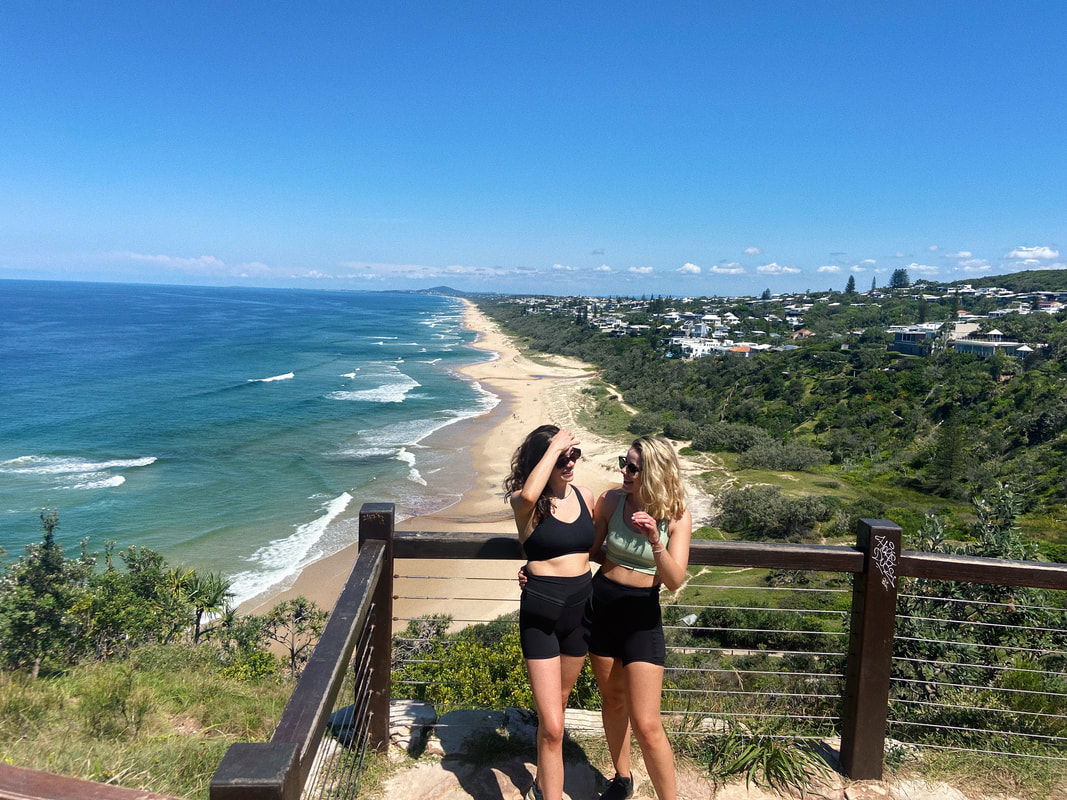

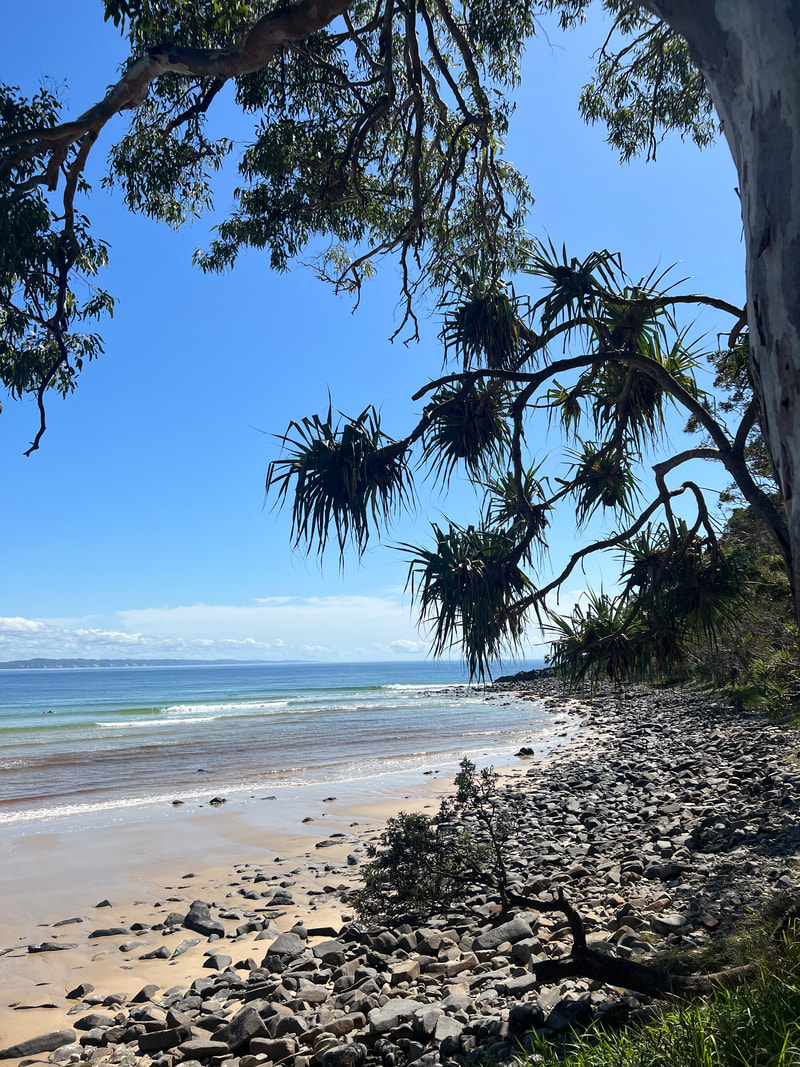
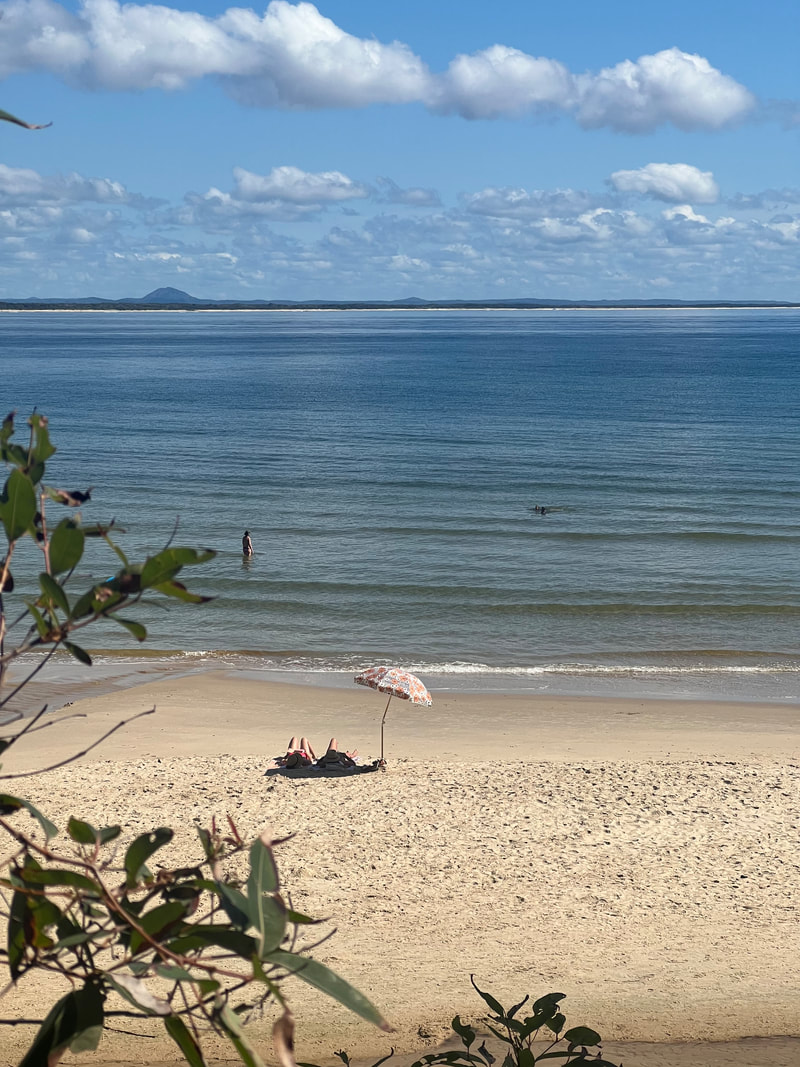
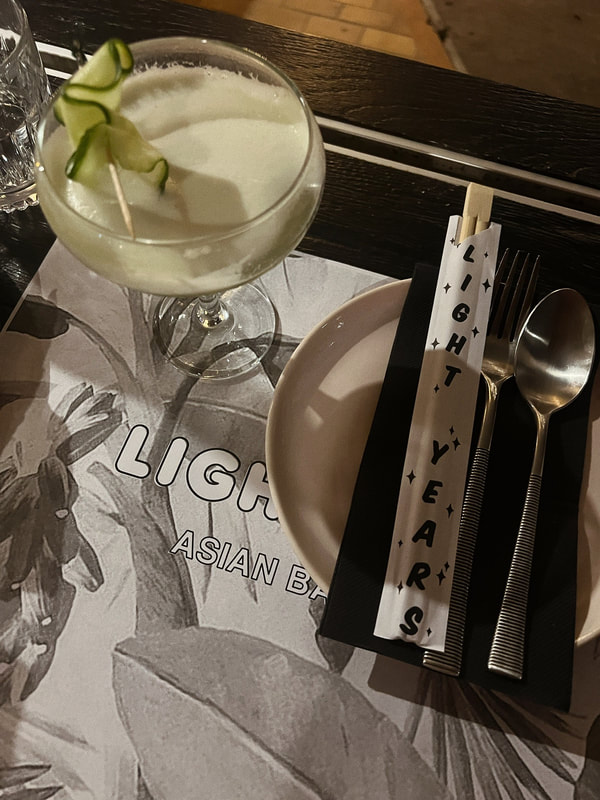
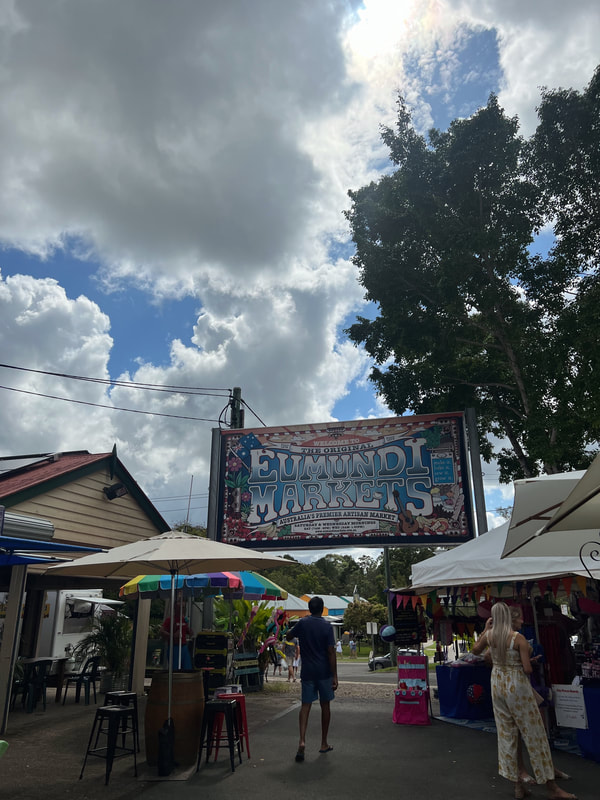
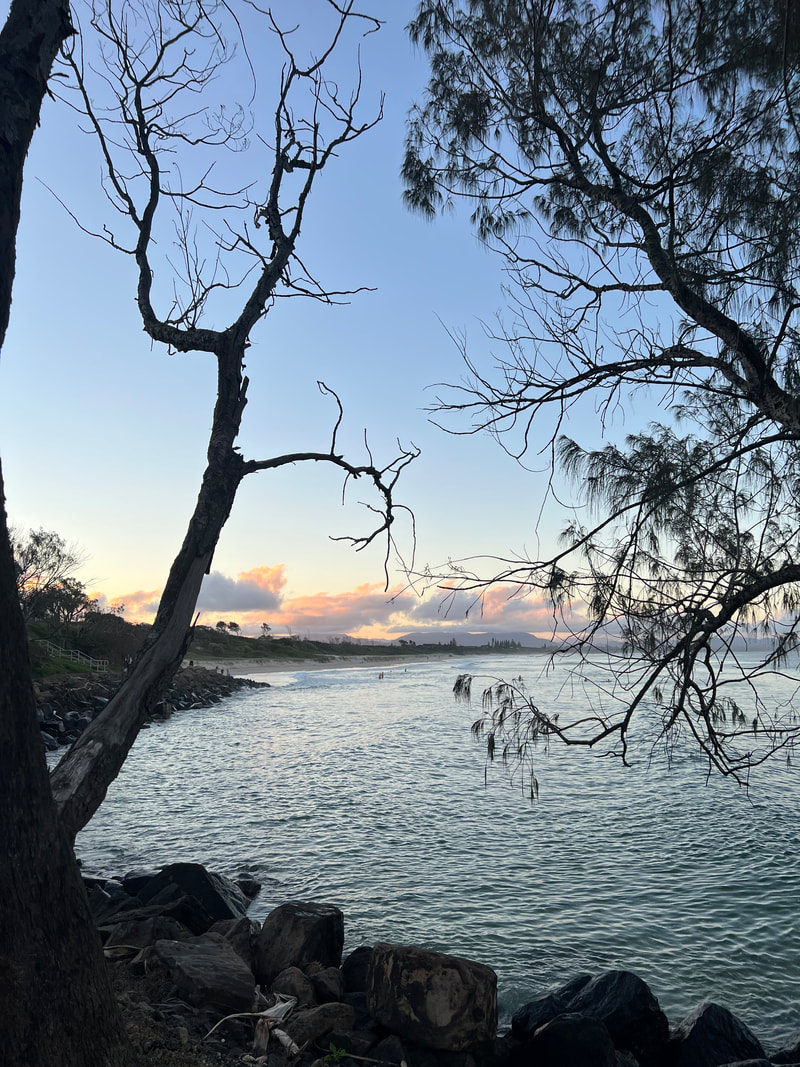
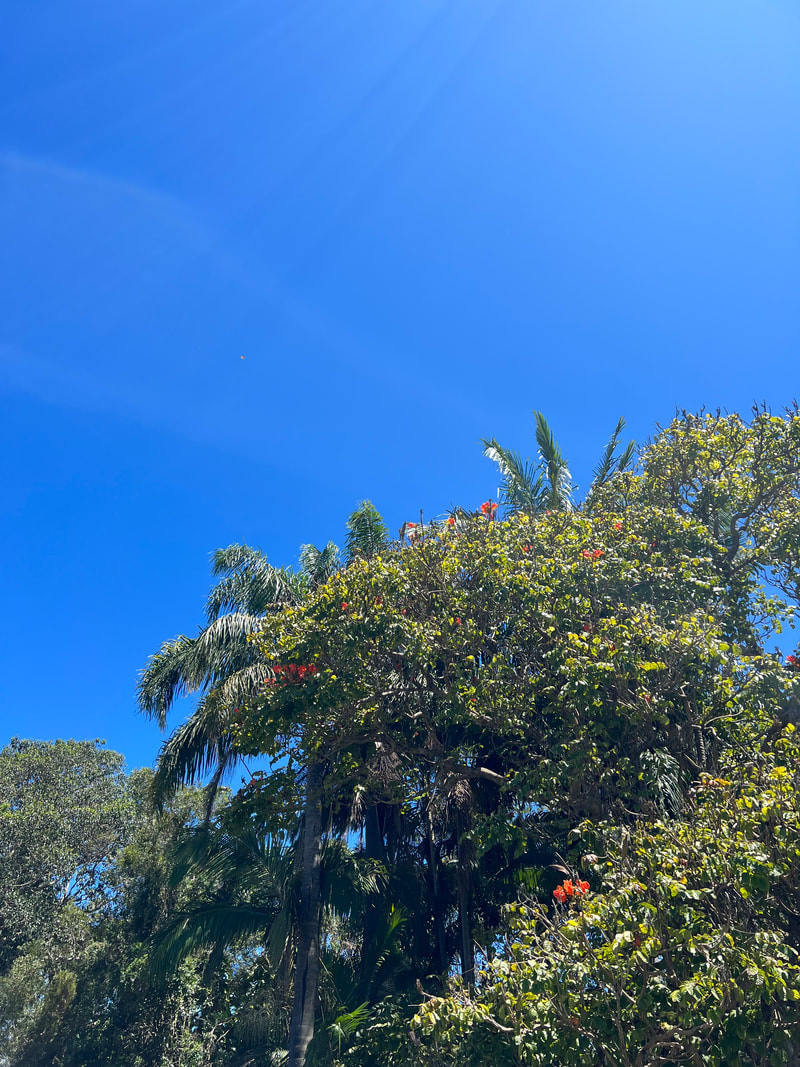
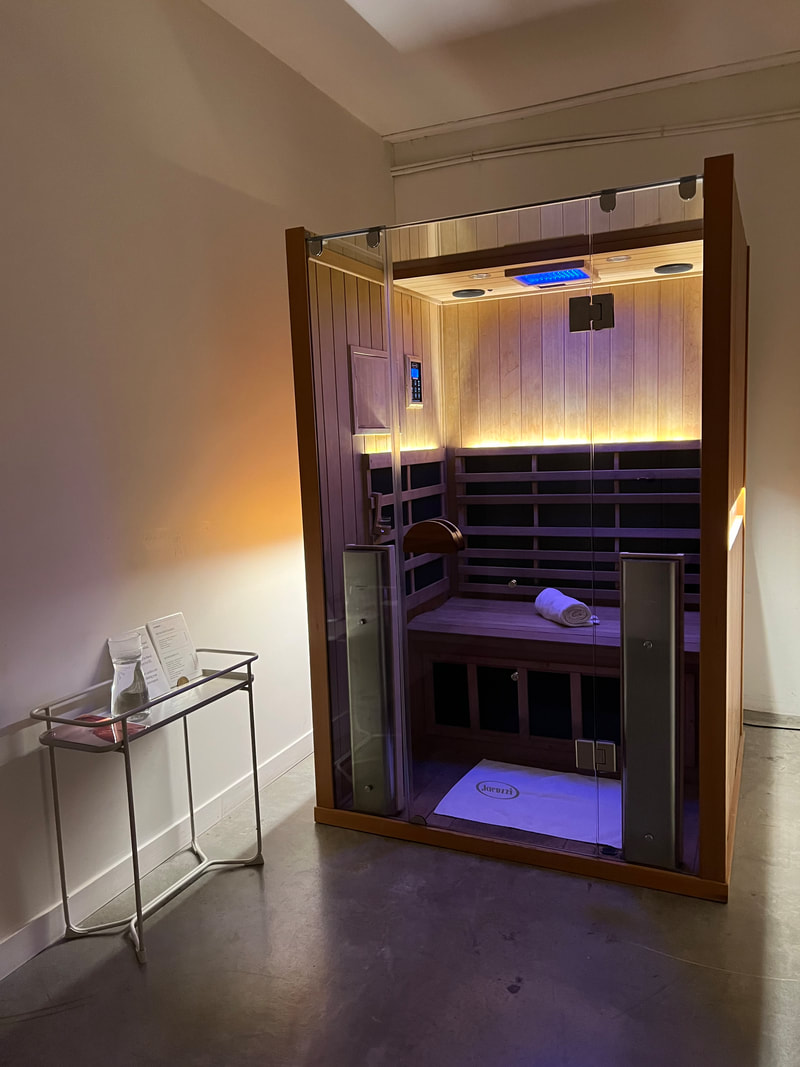
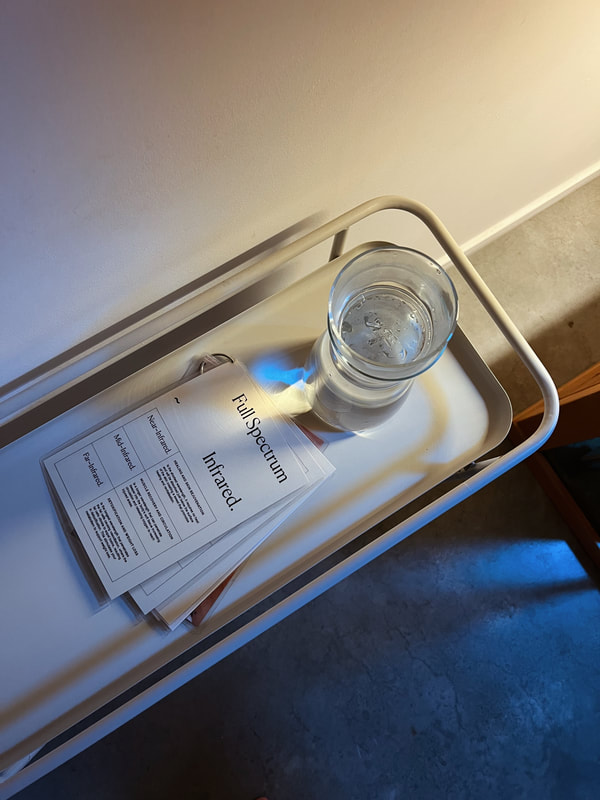
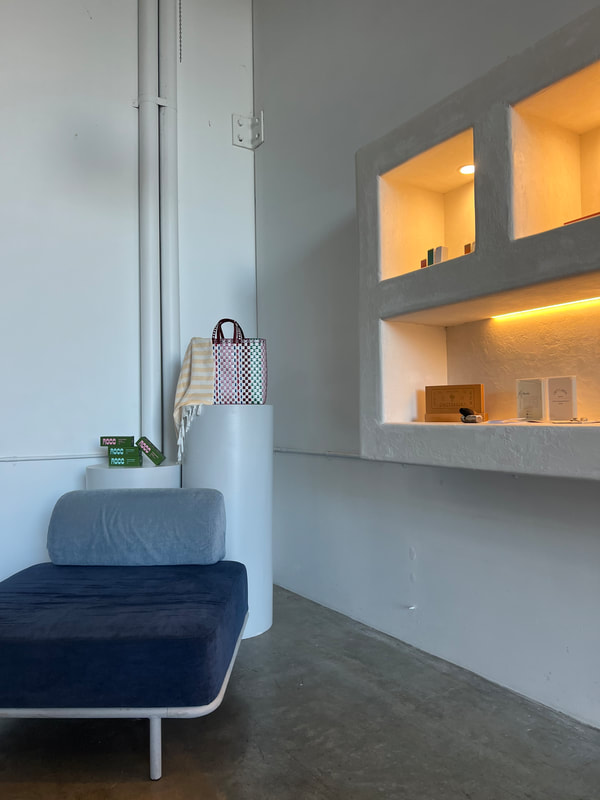

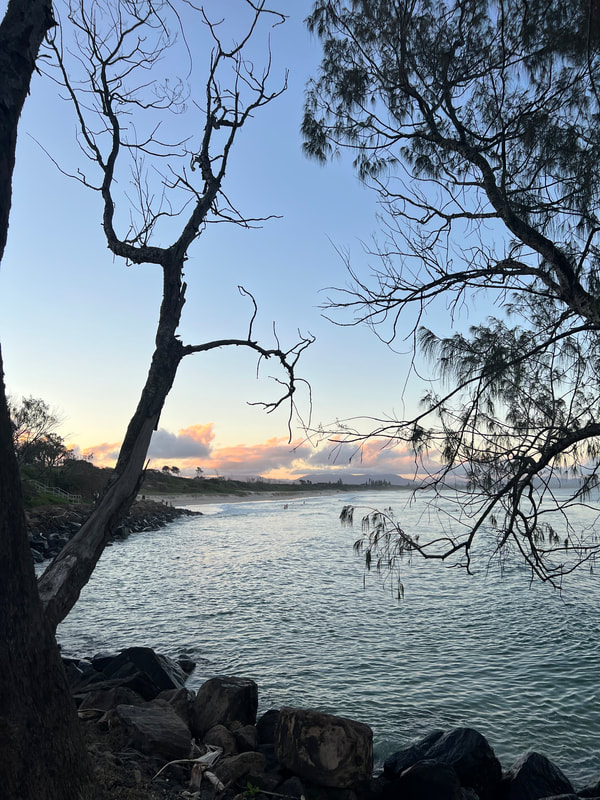
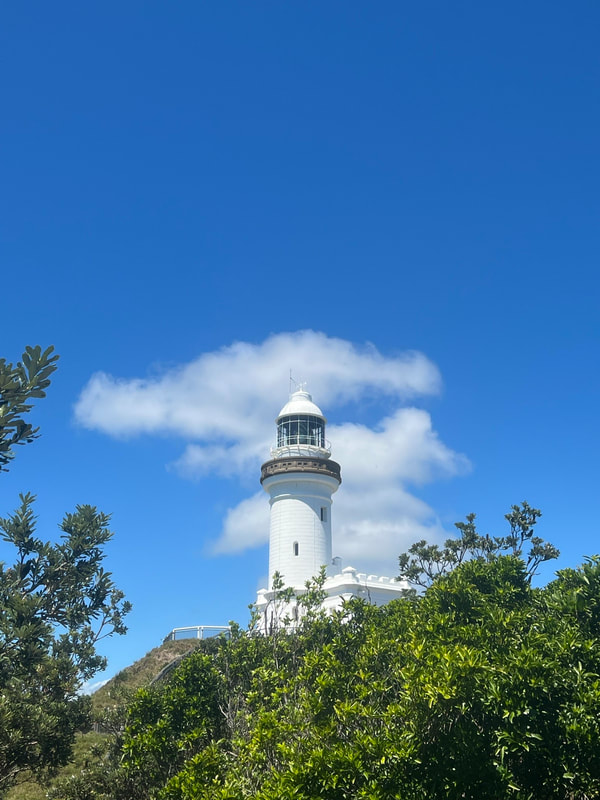
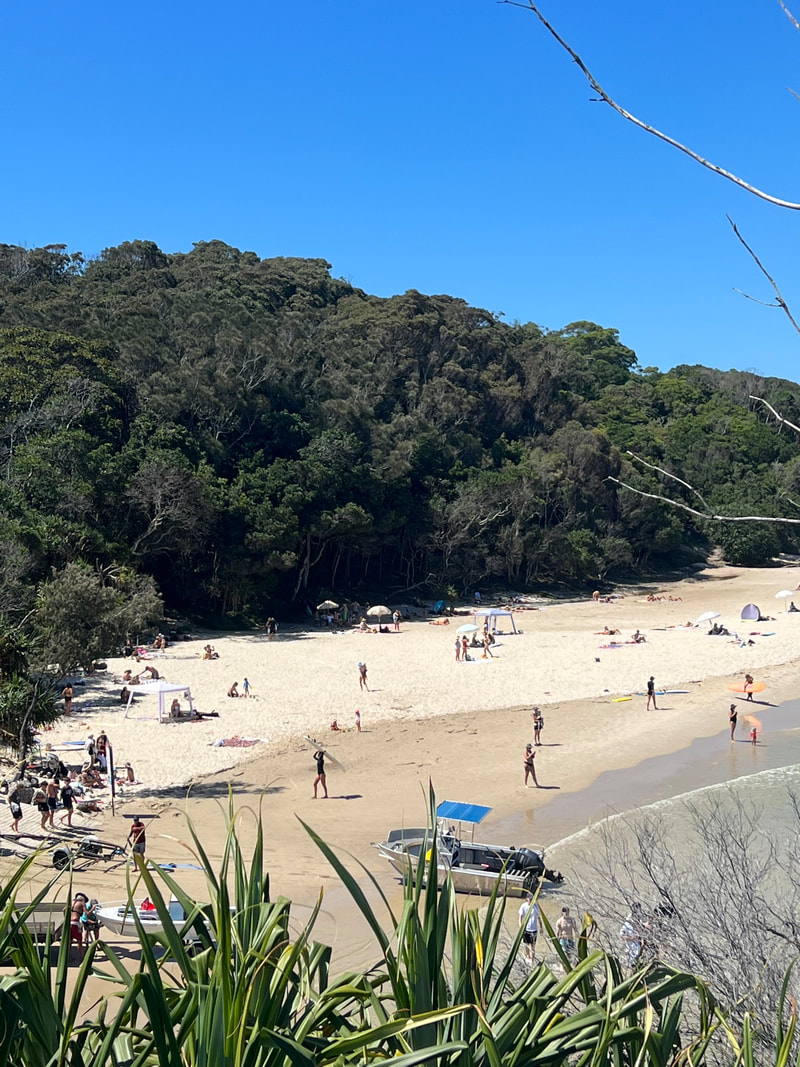
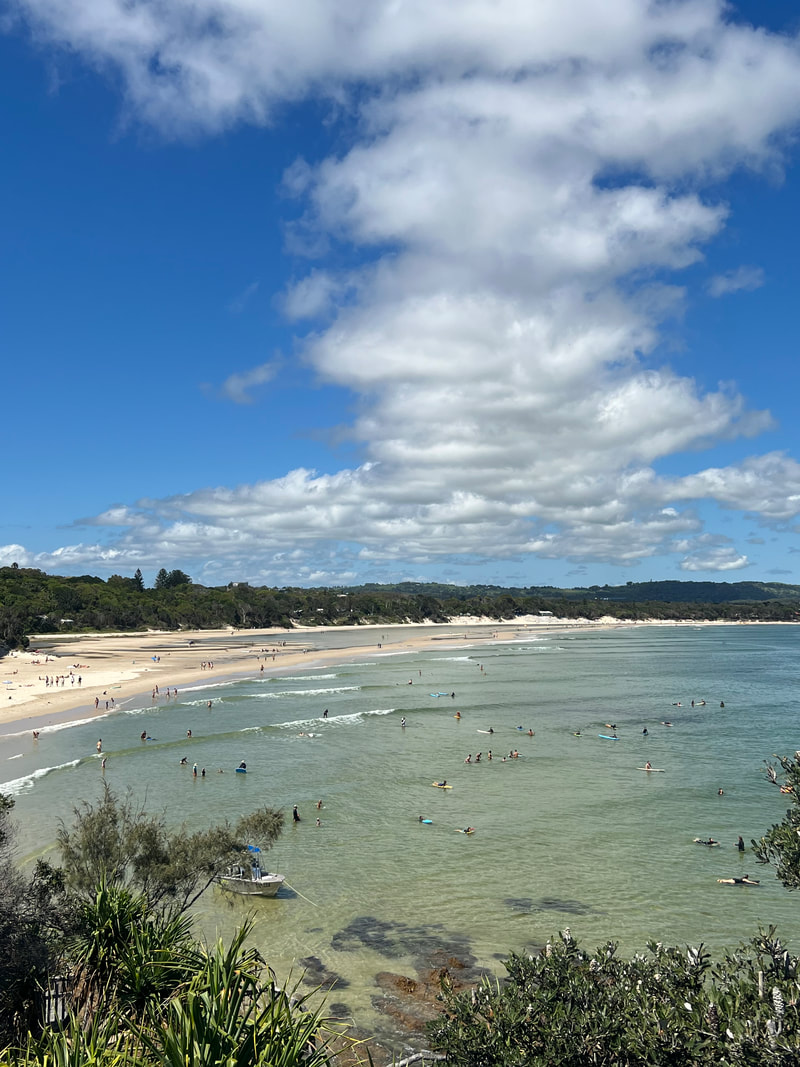

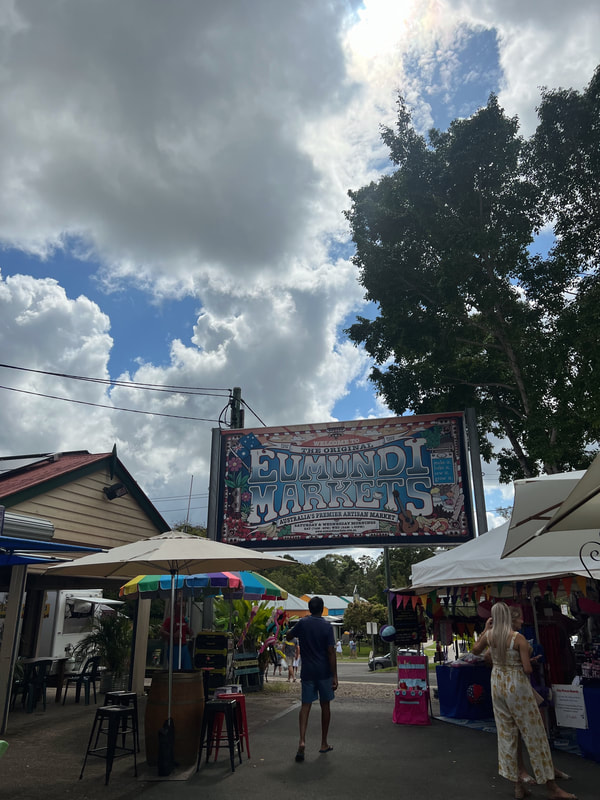
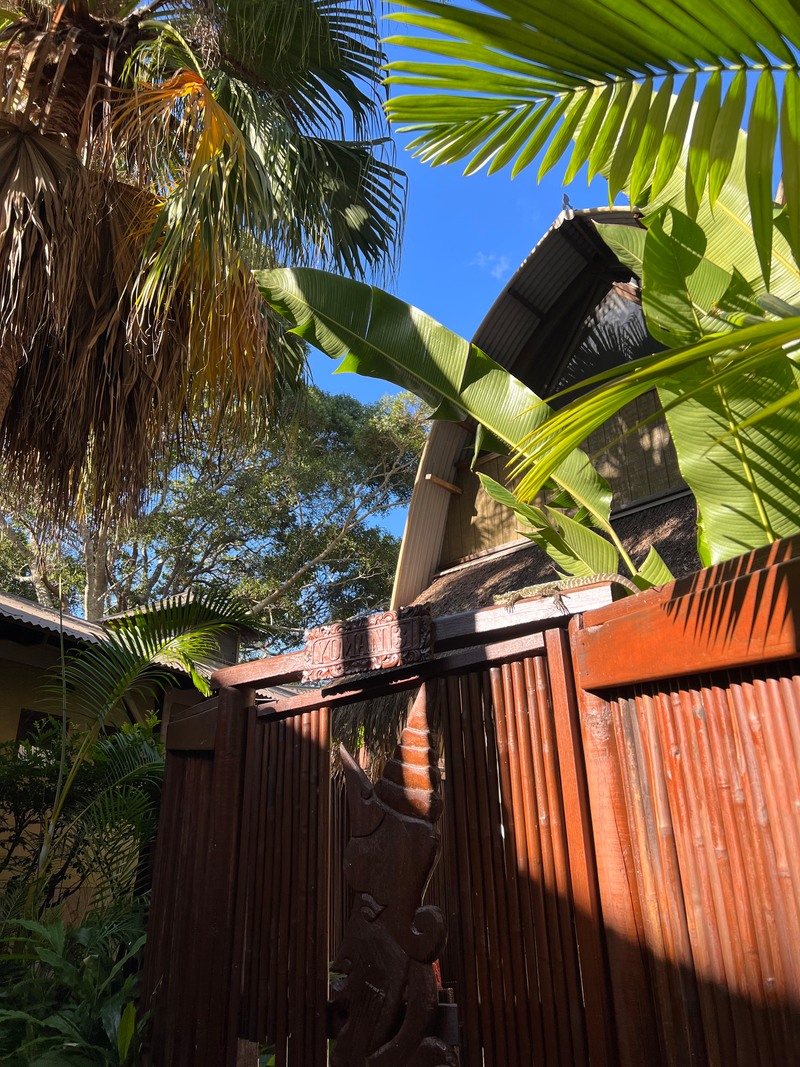
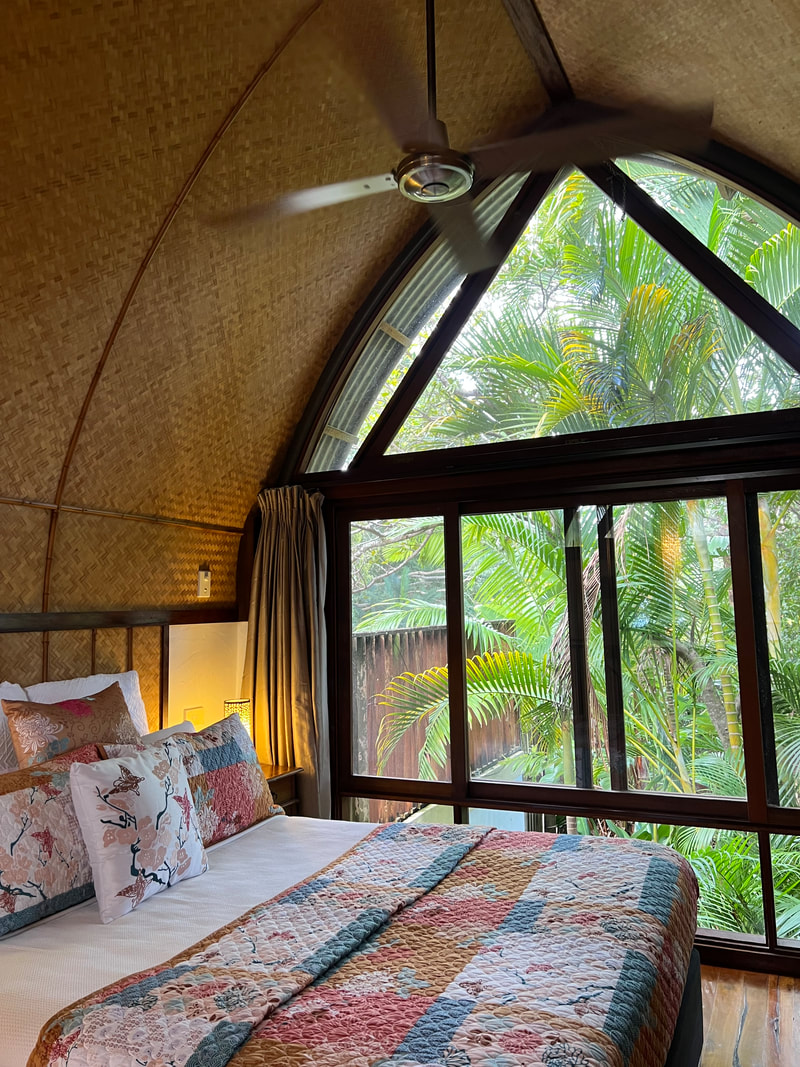
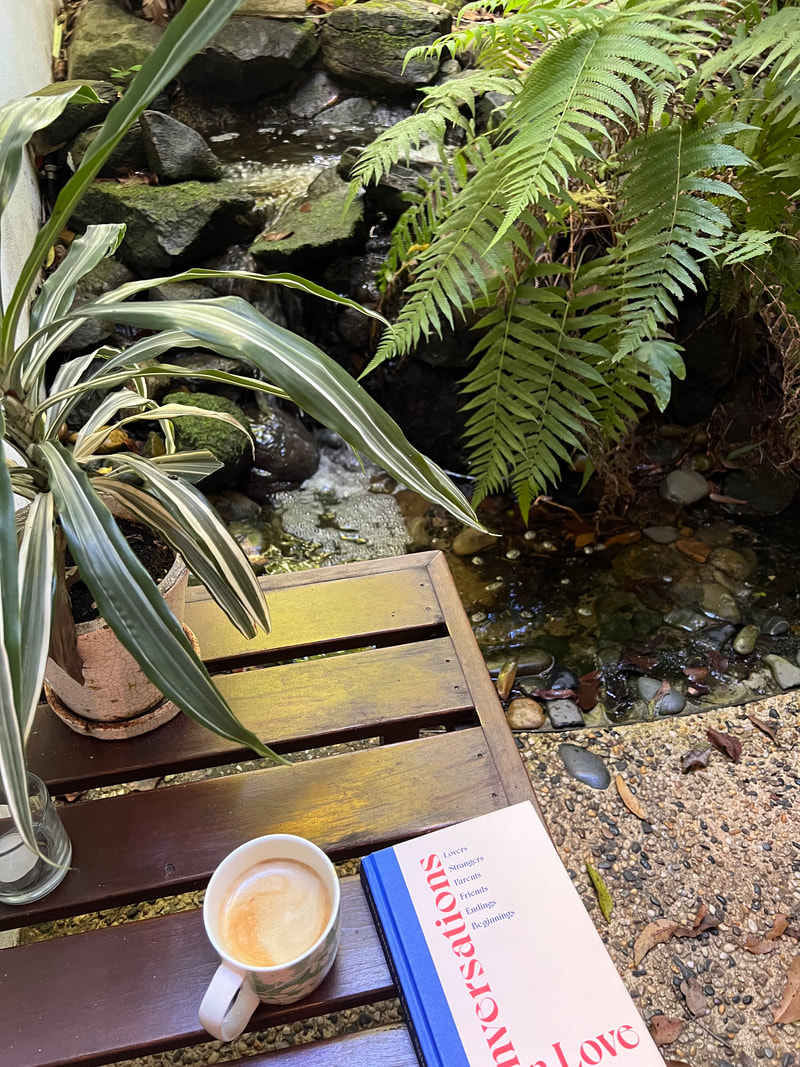
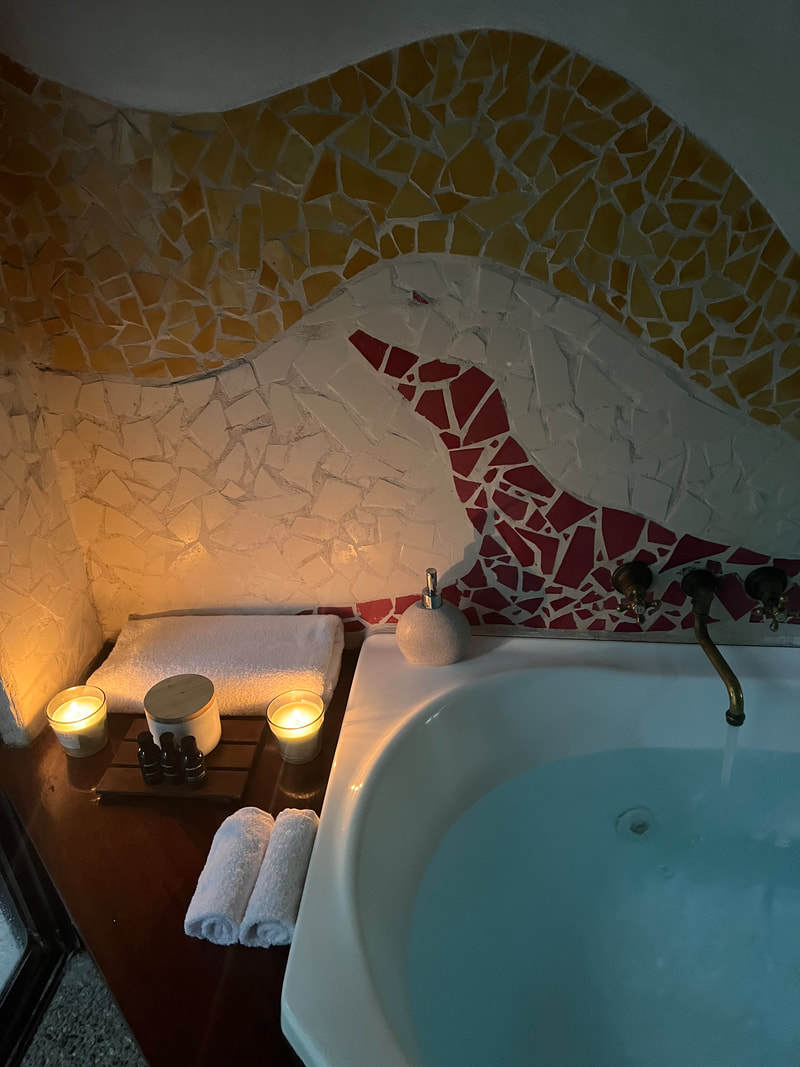




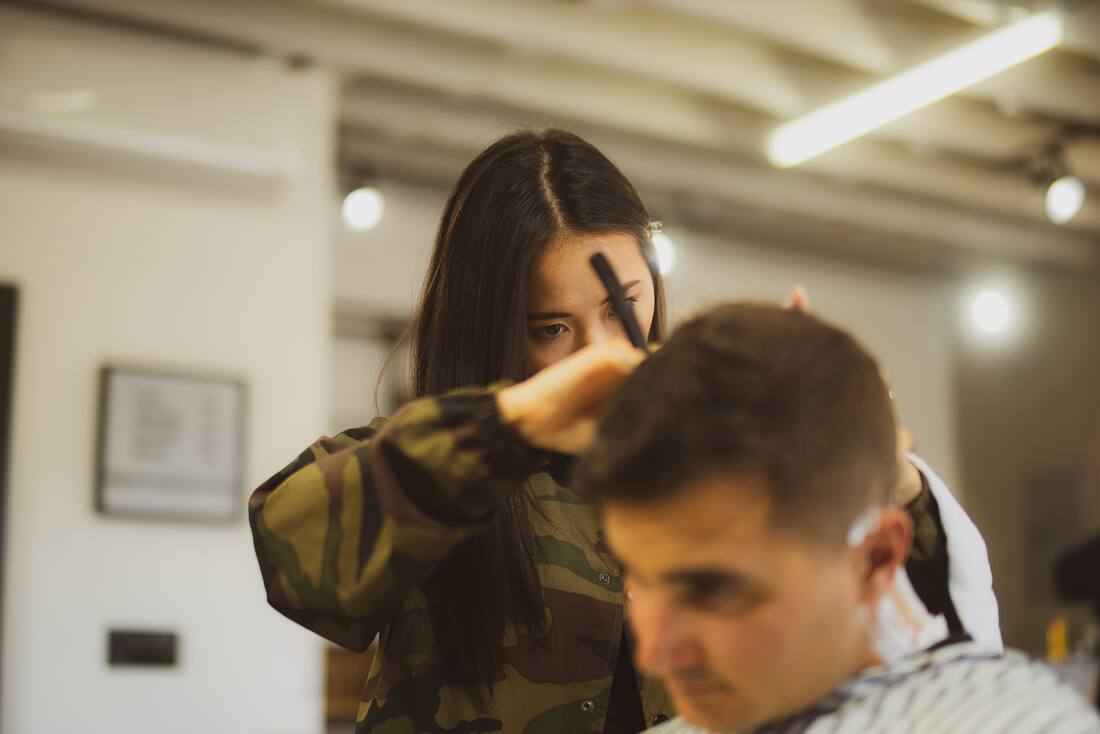

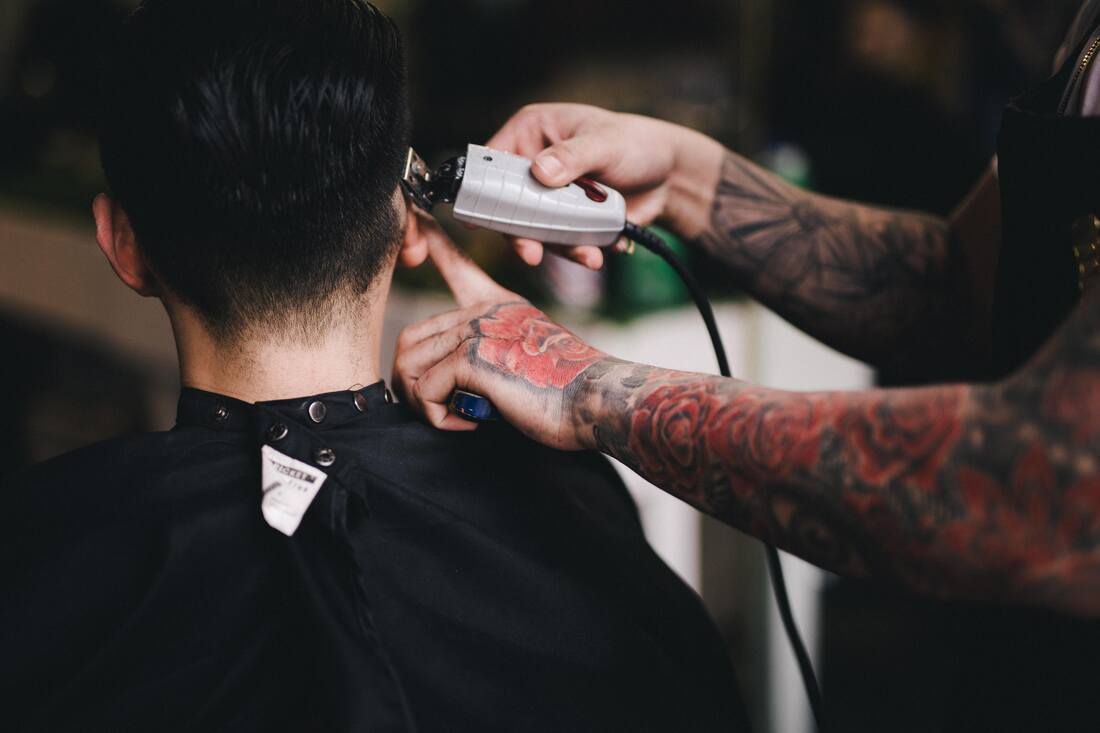

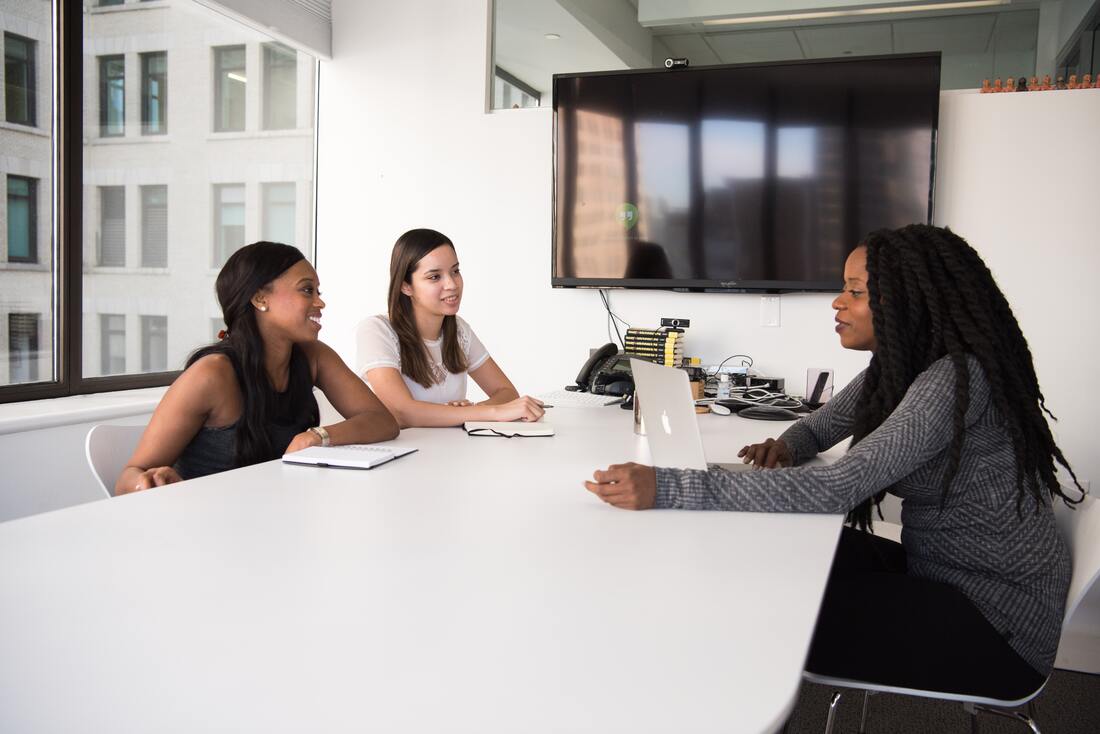
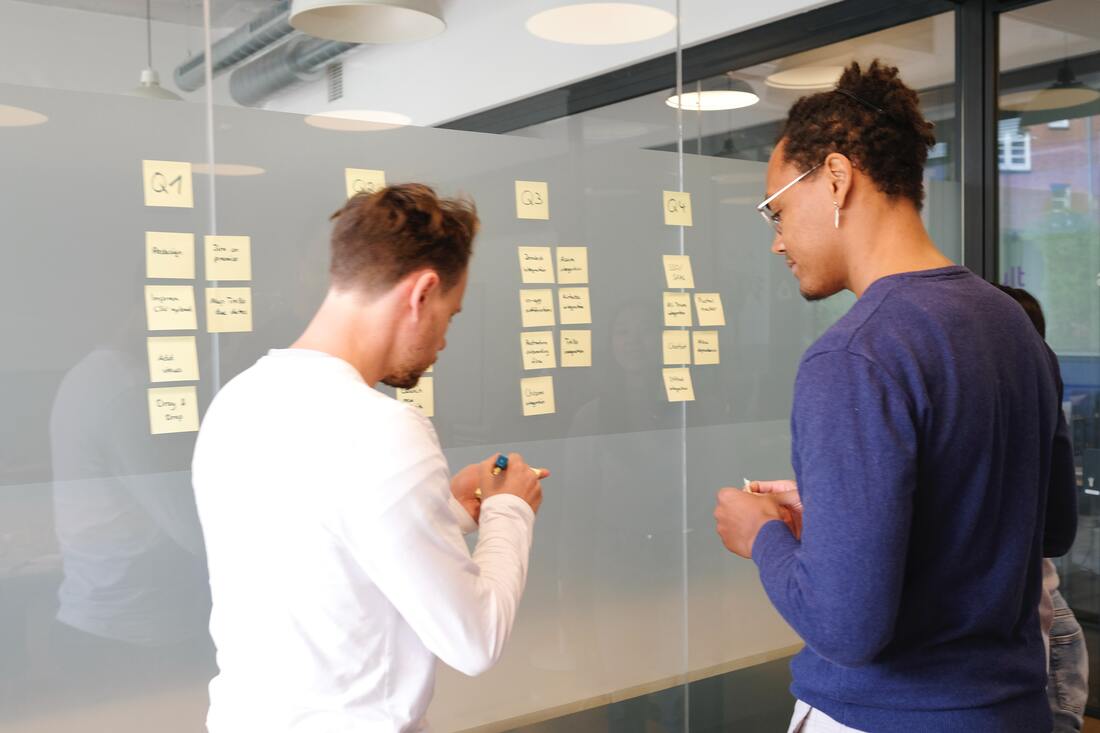

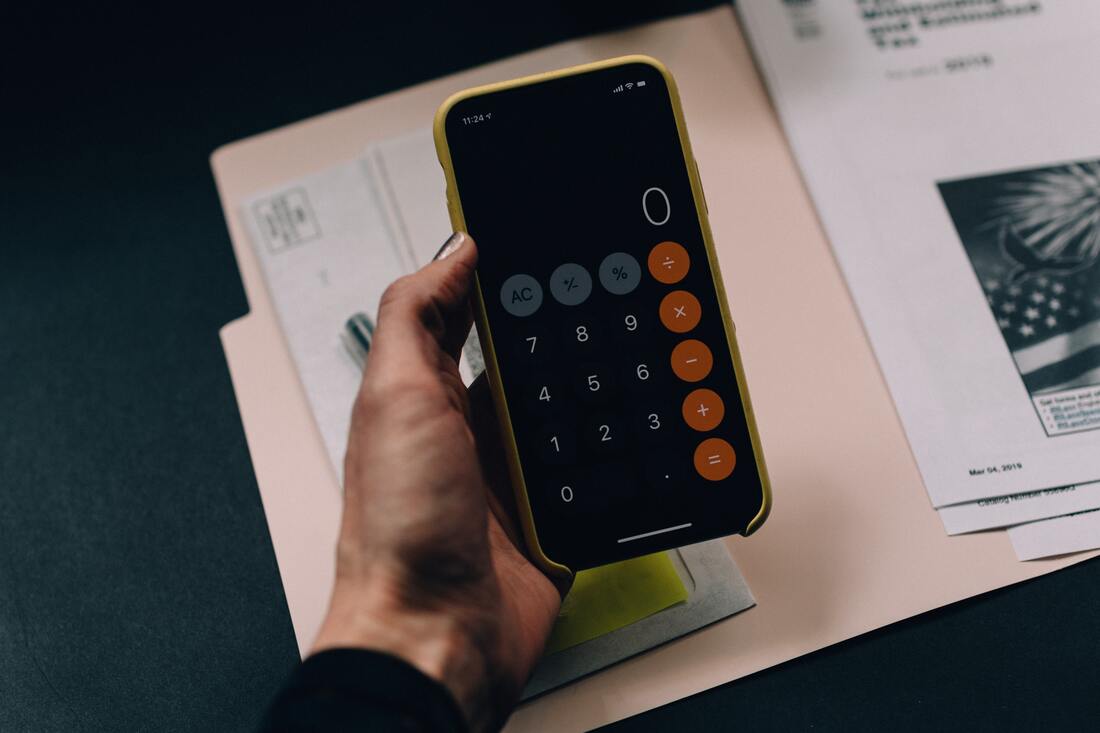
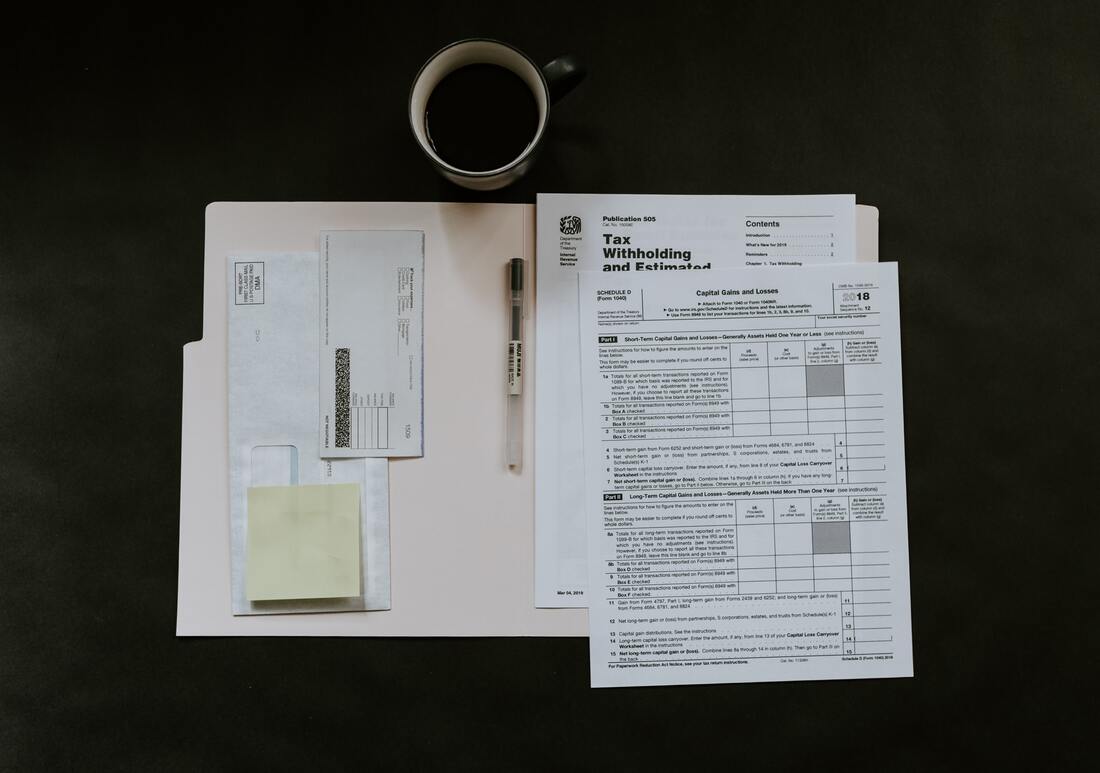
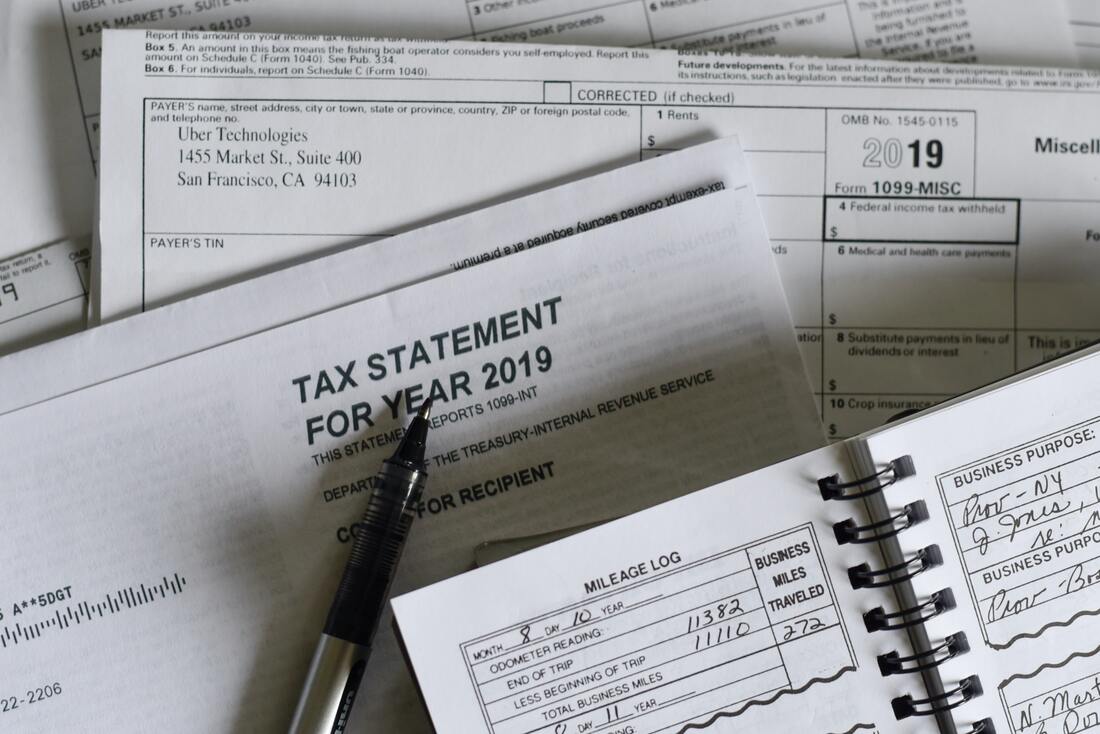


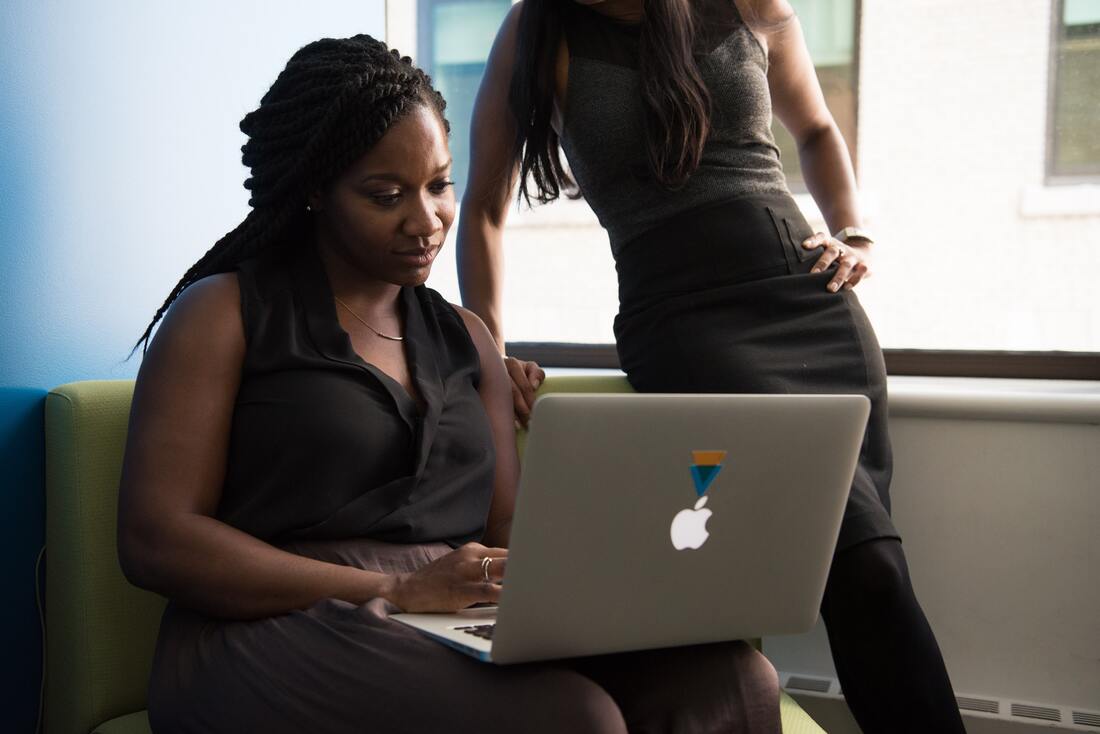
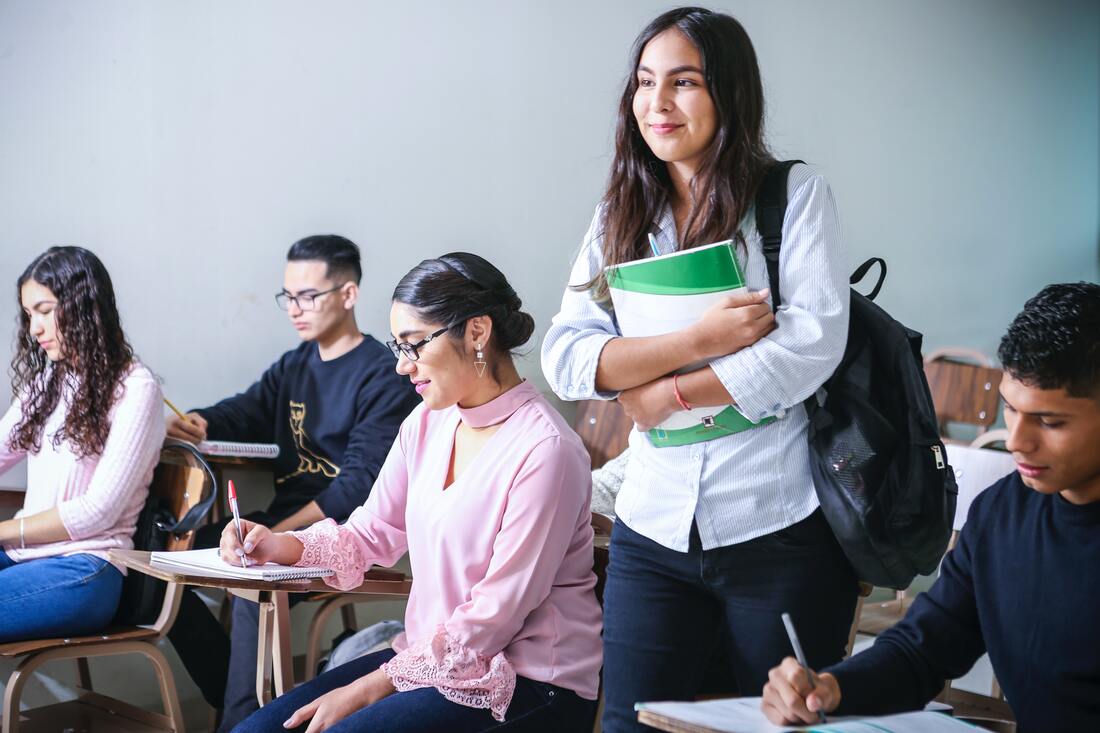
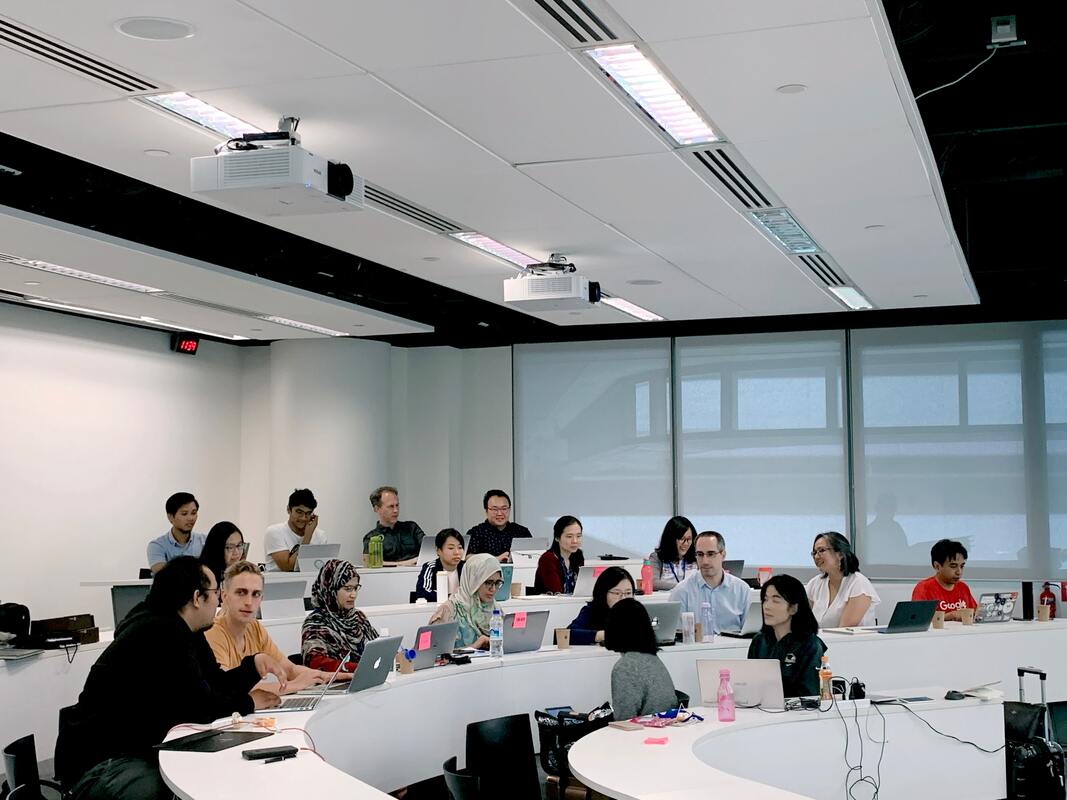


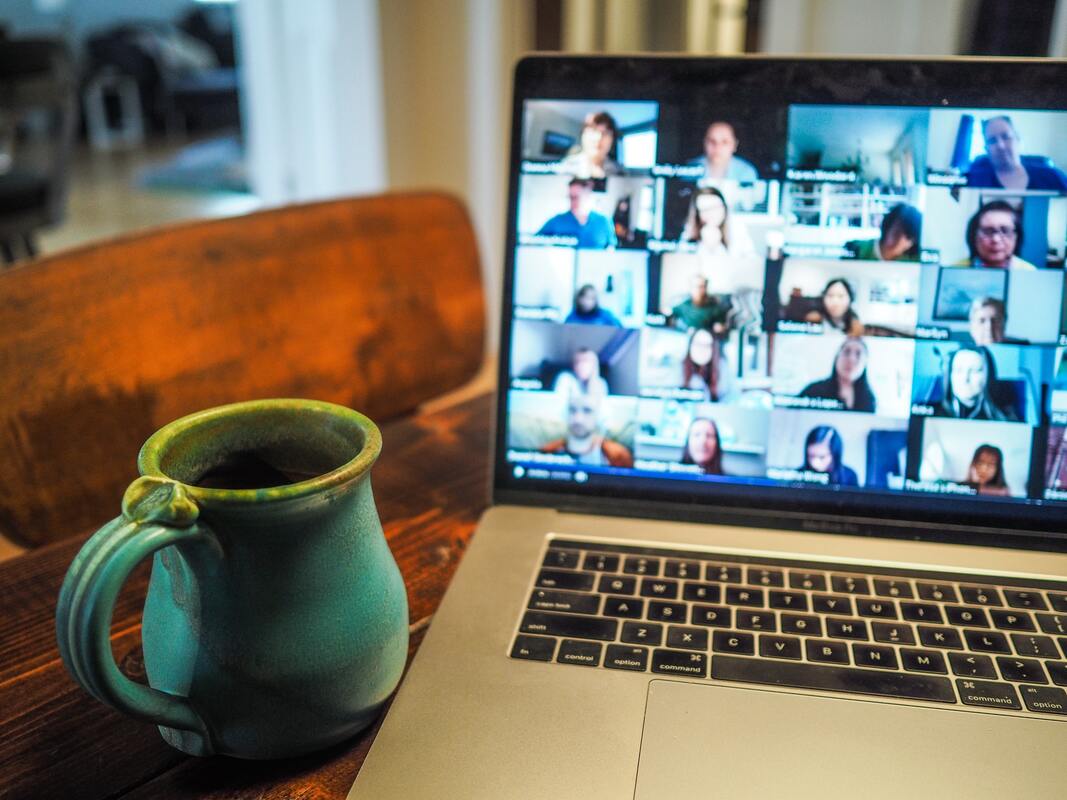
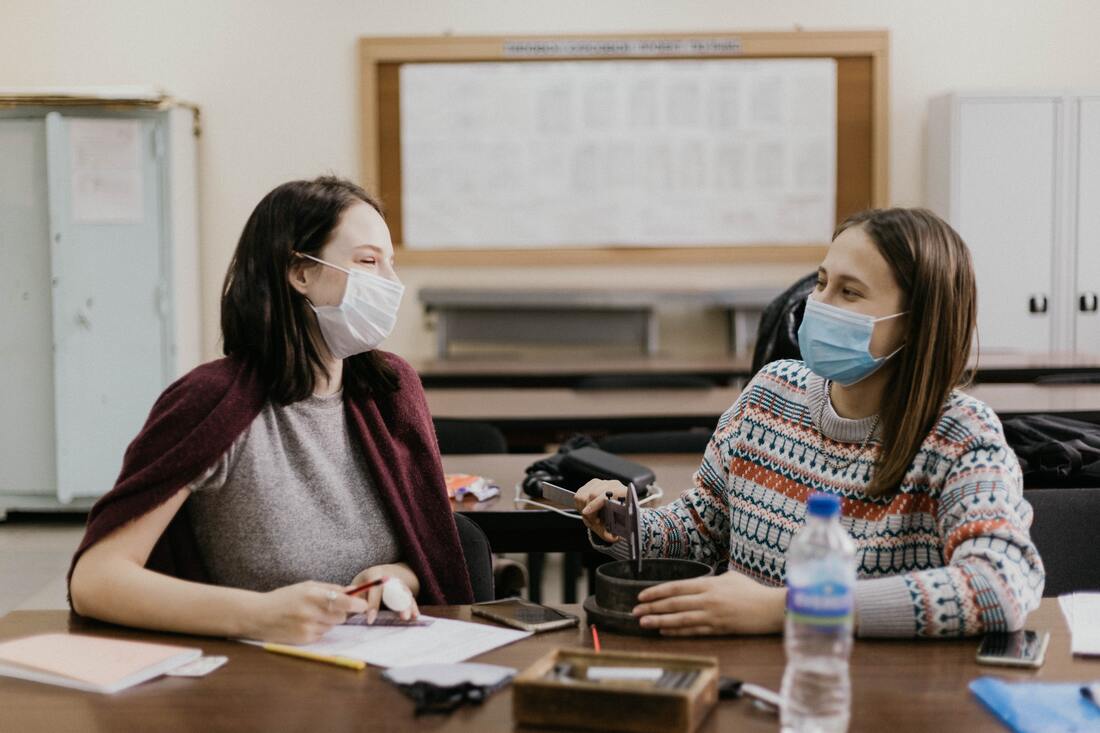

 RSS Feed
RSS Feed

